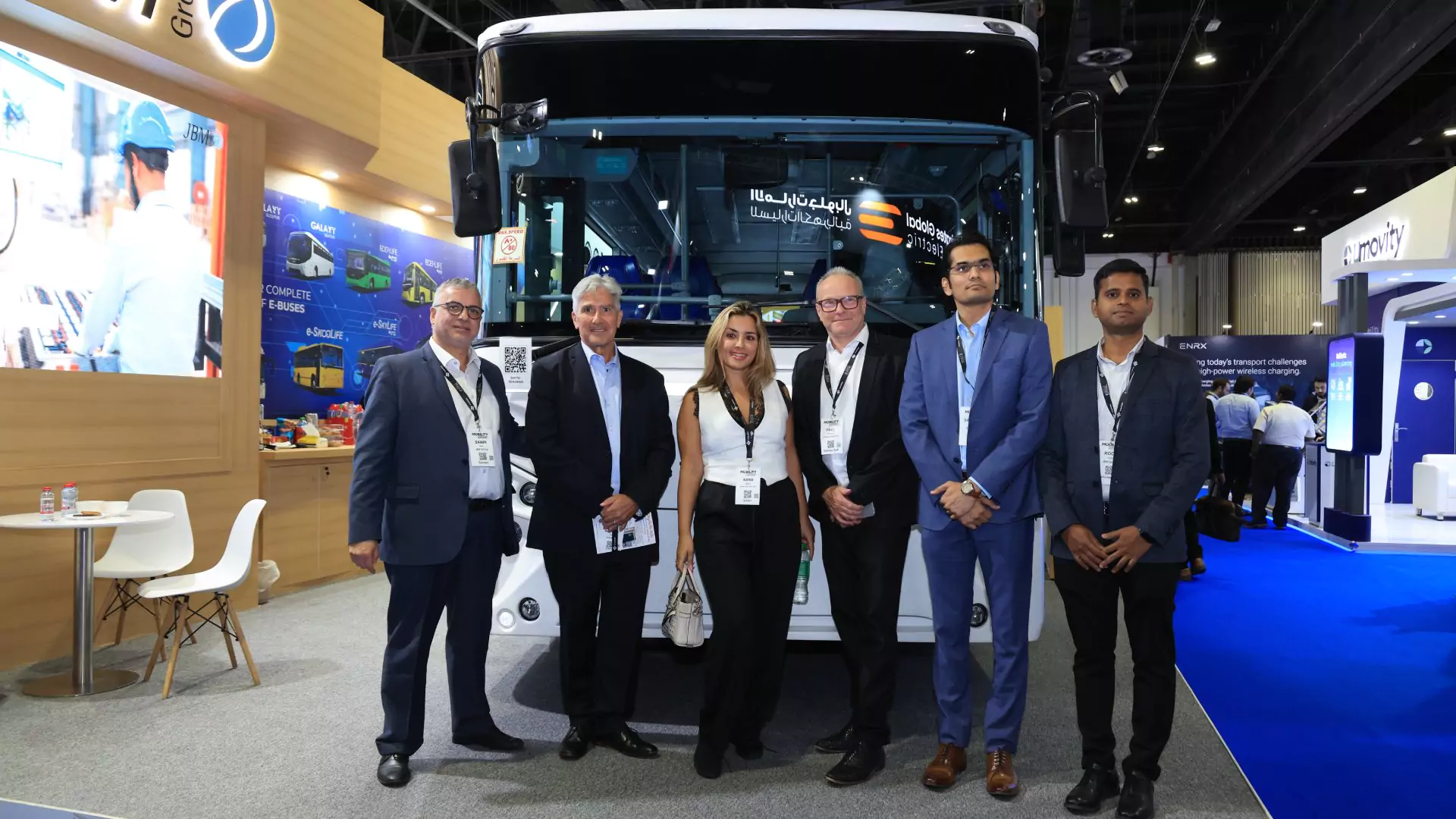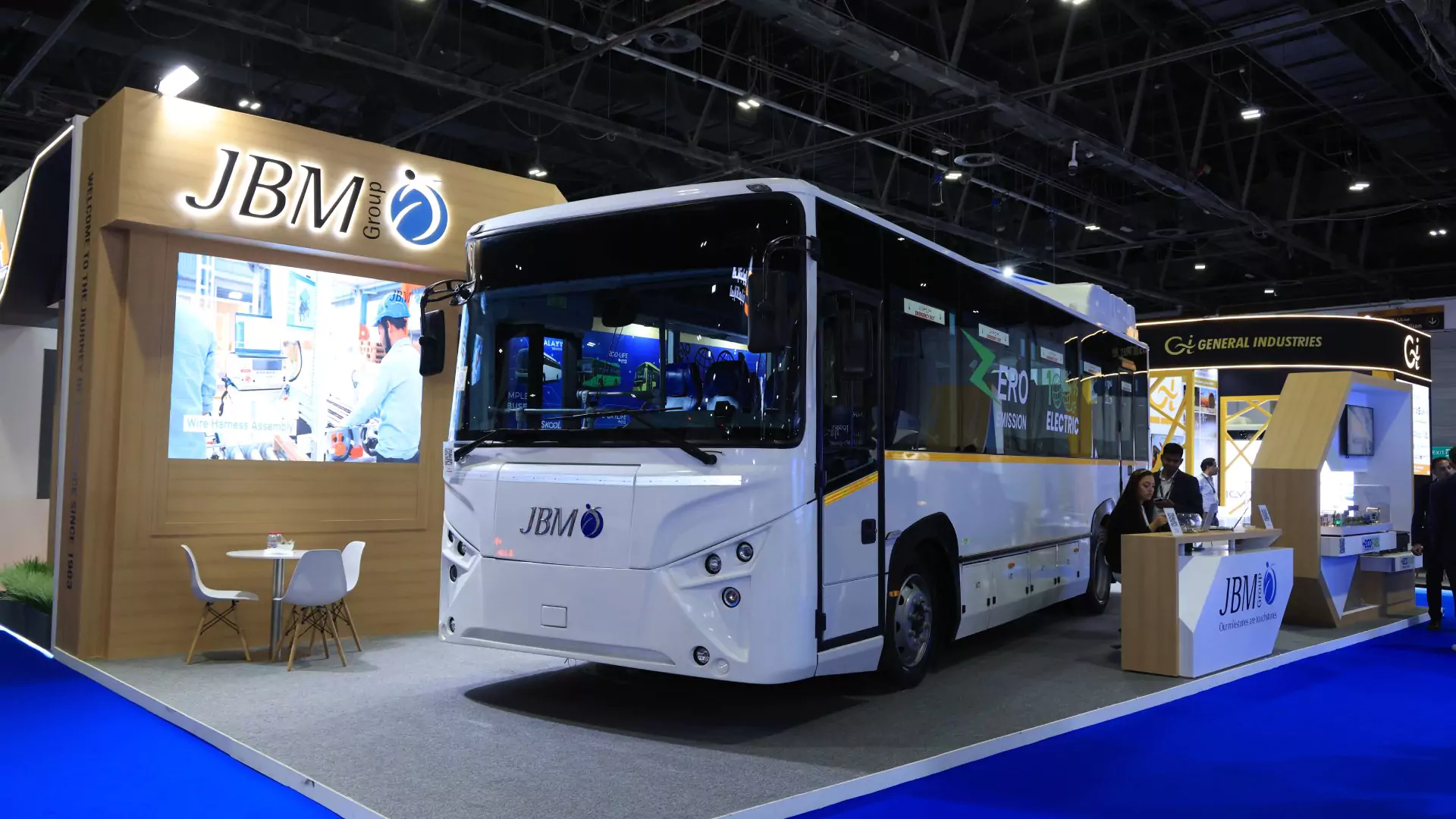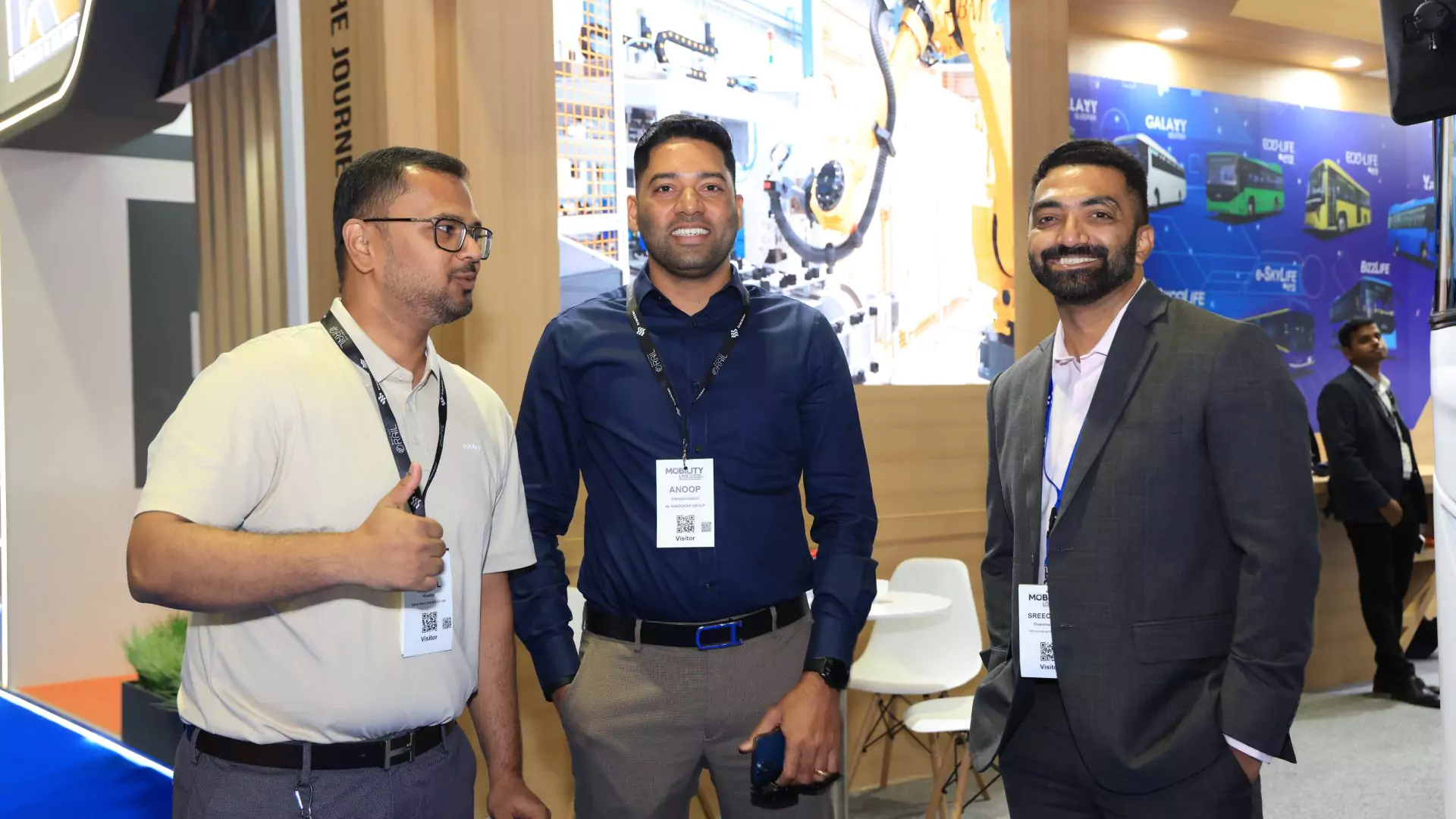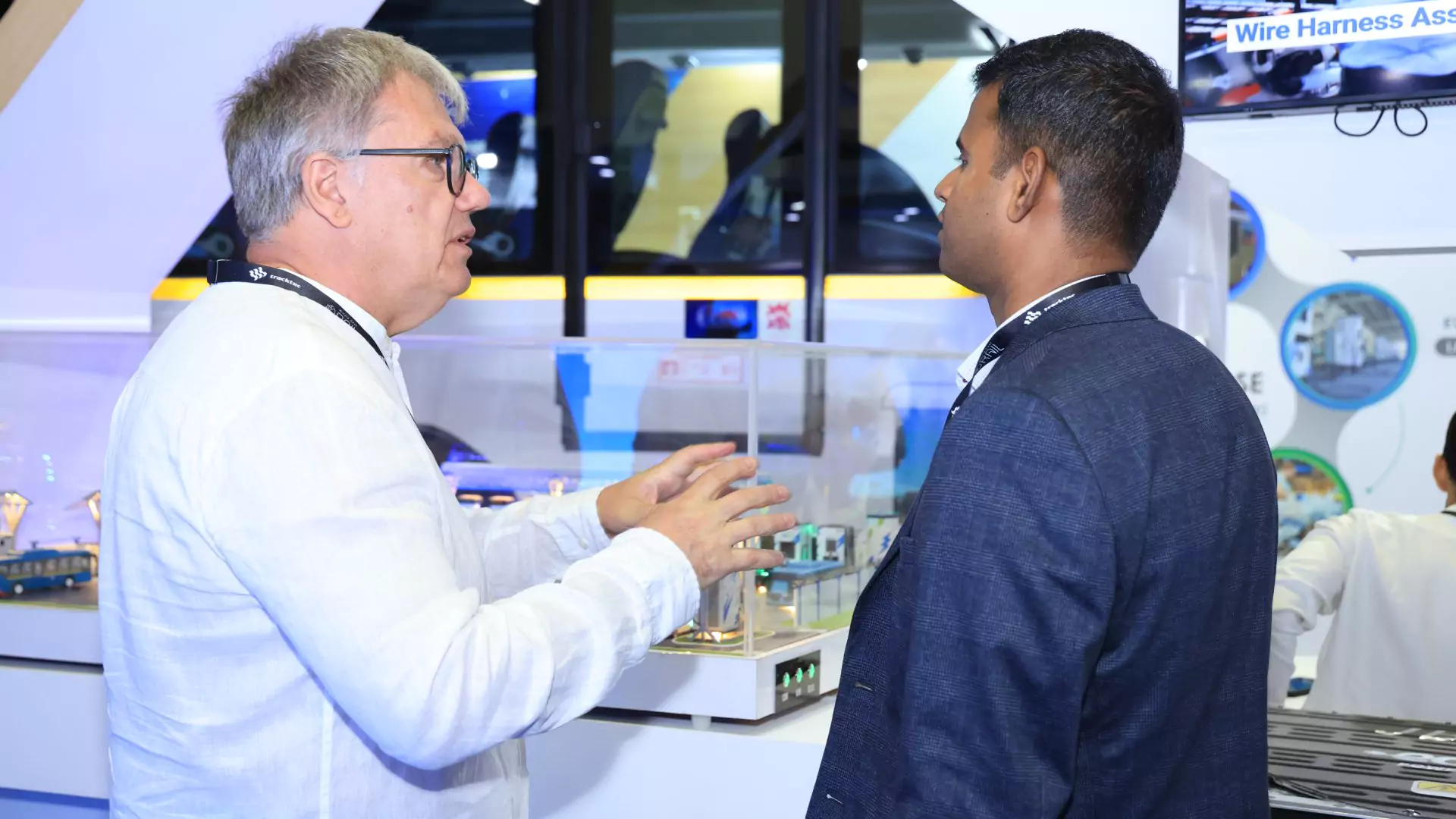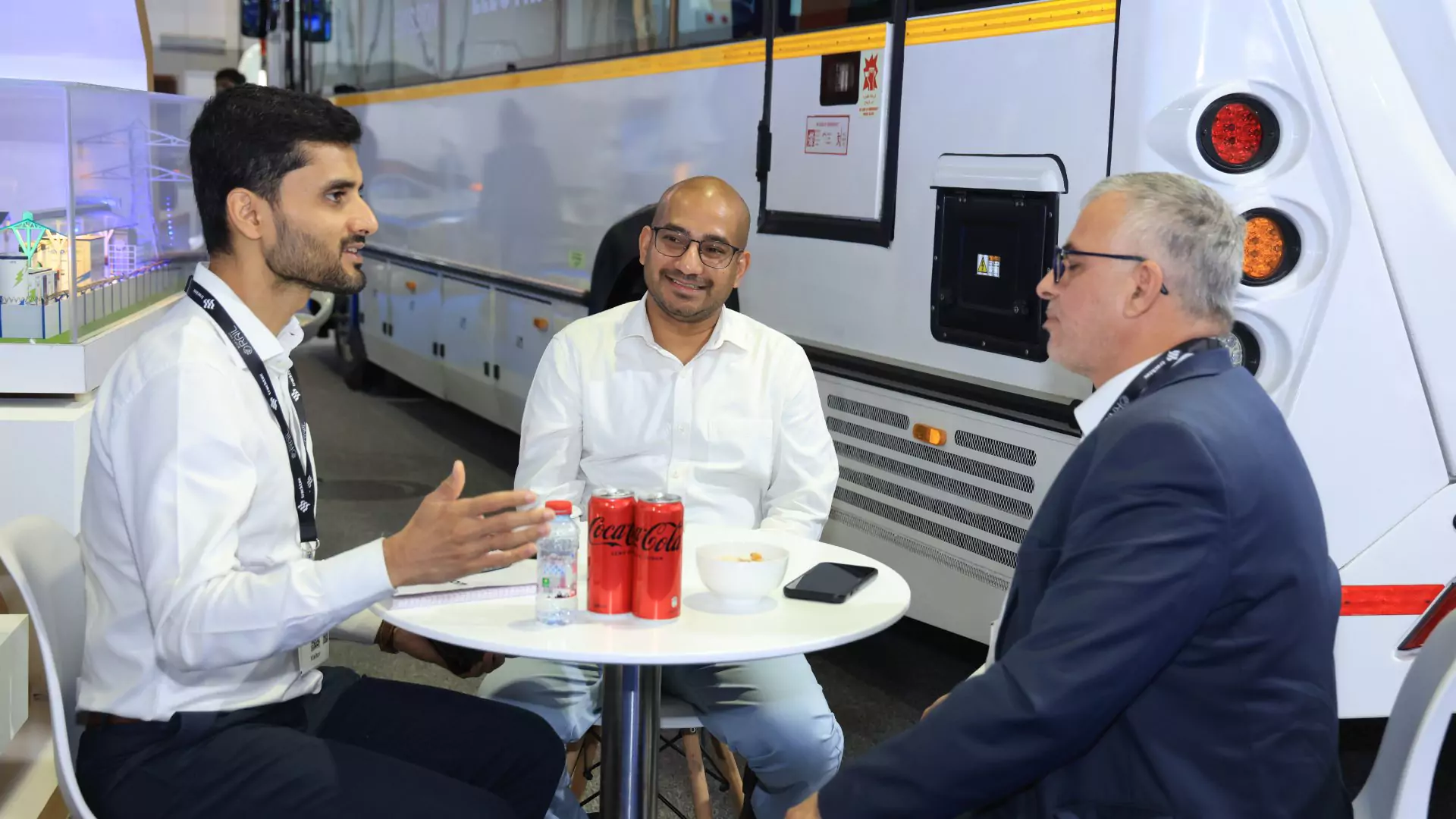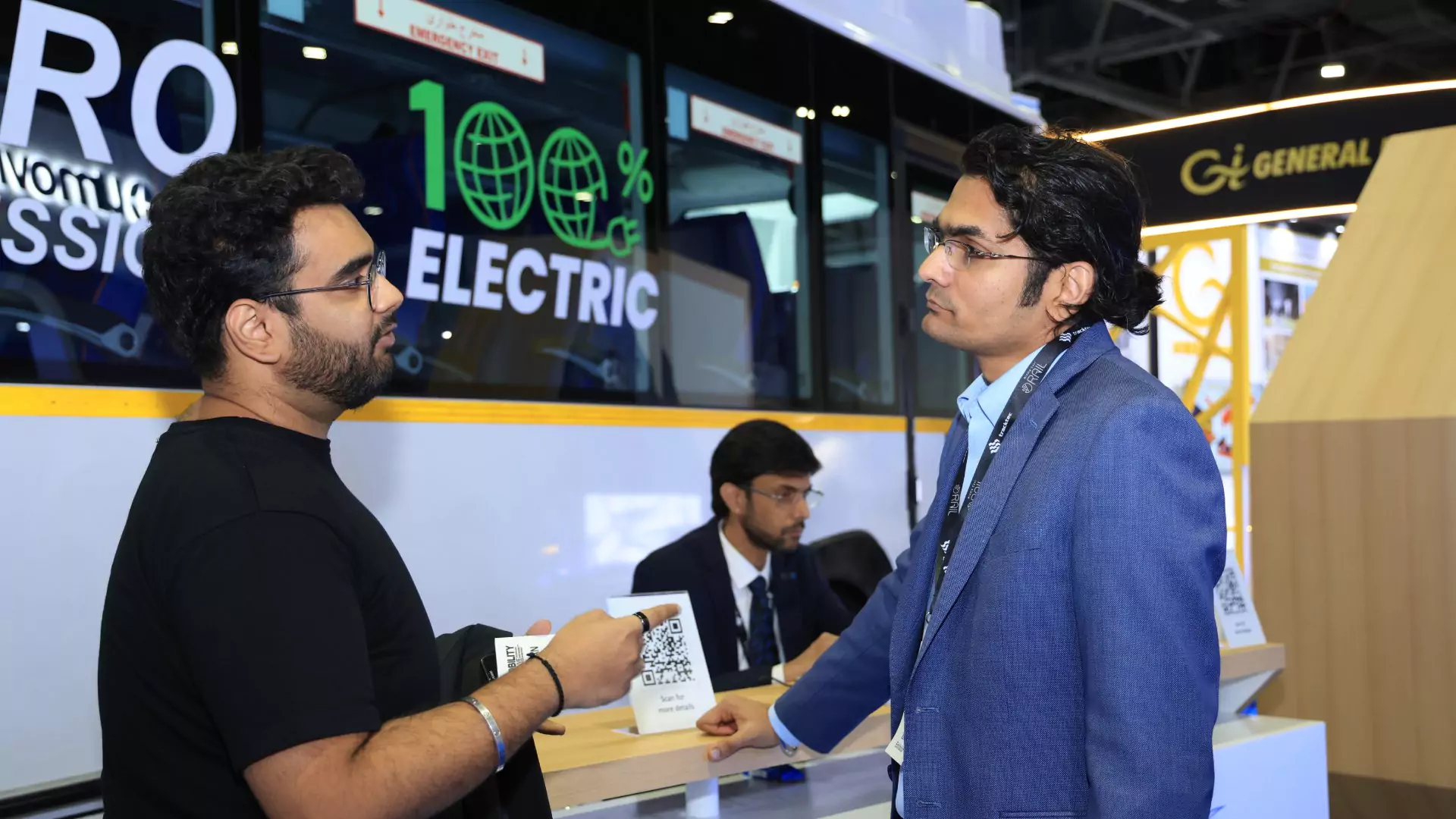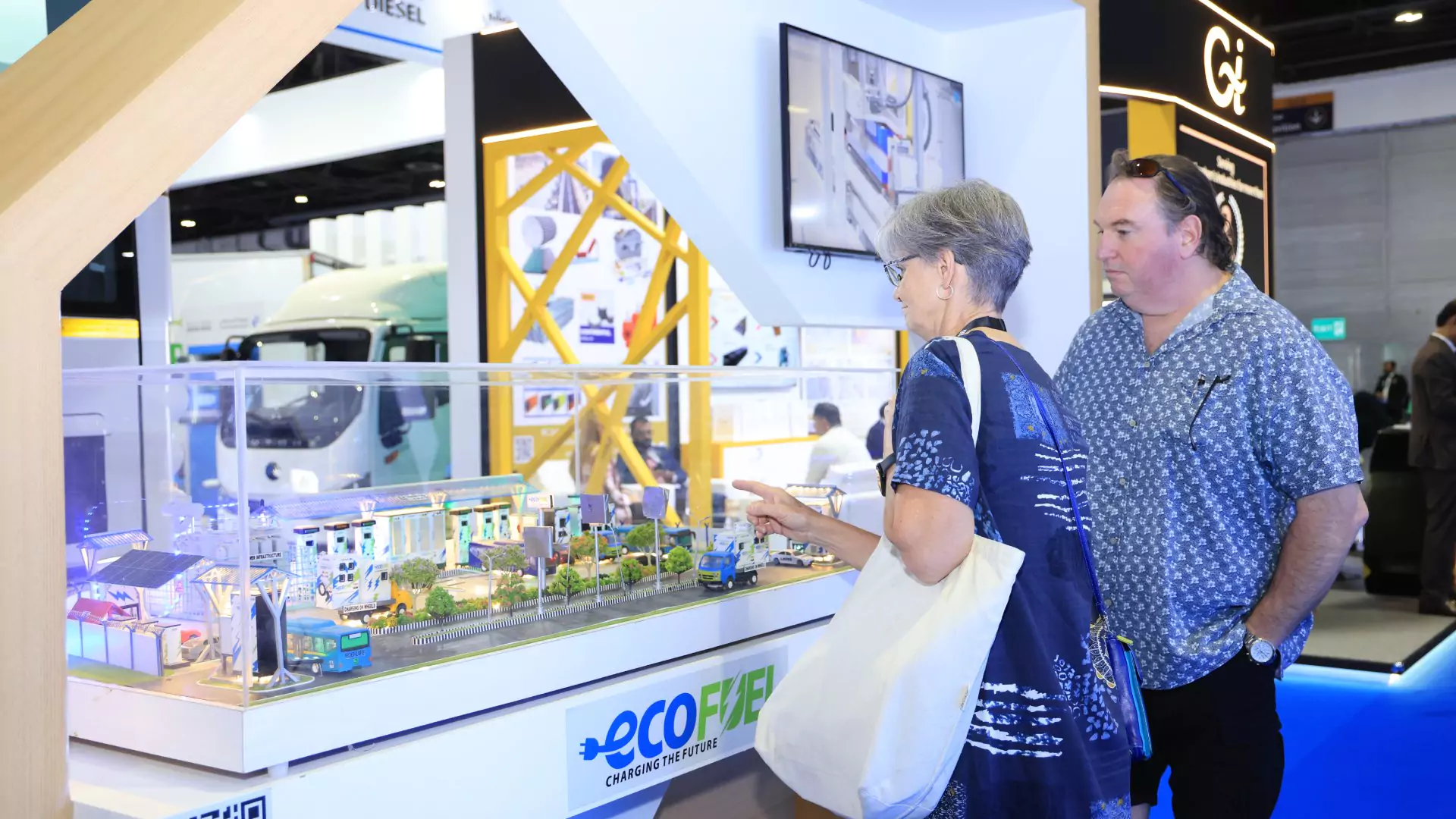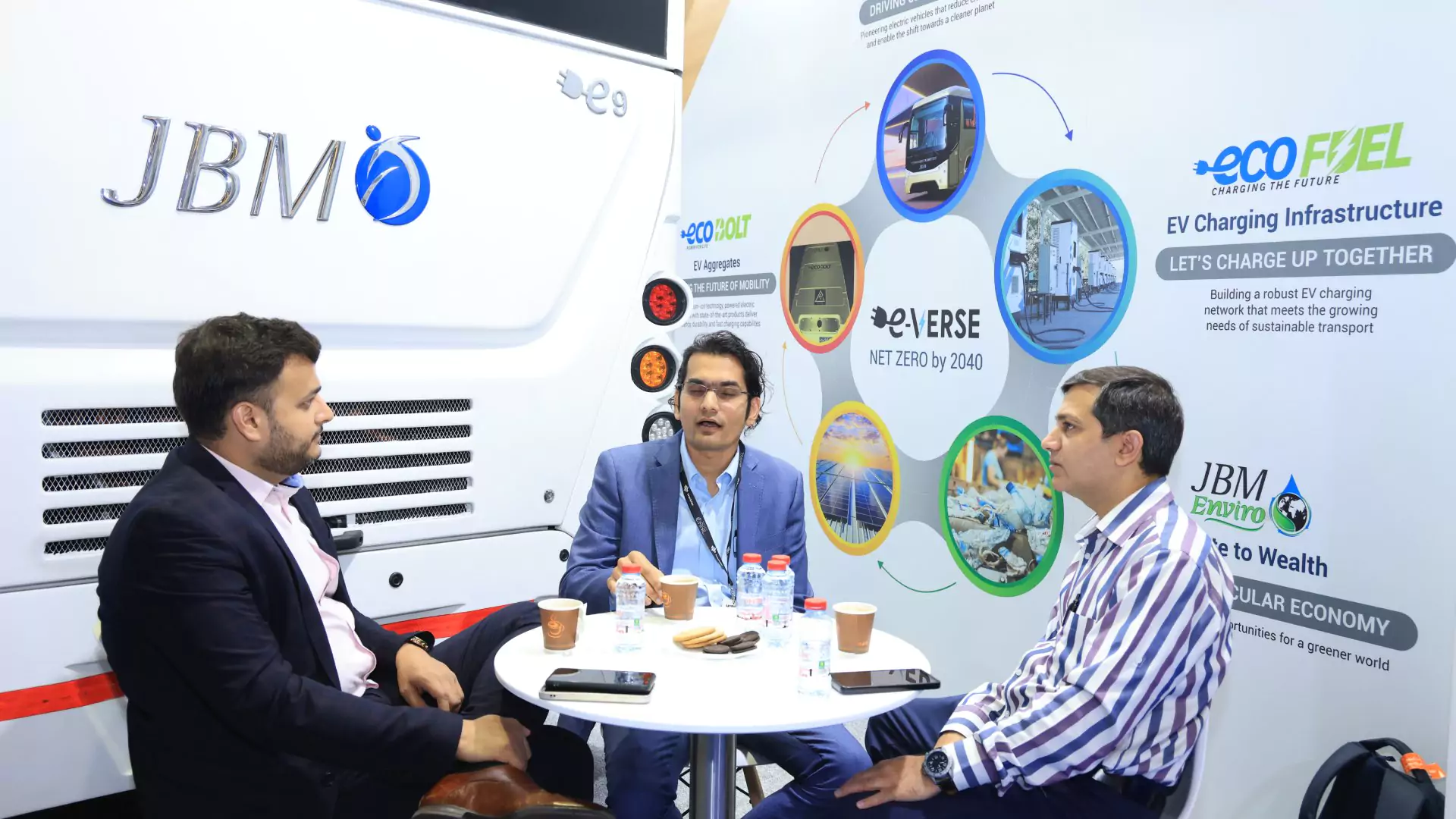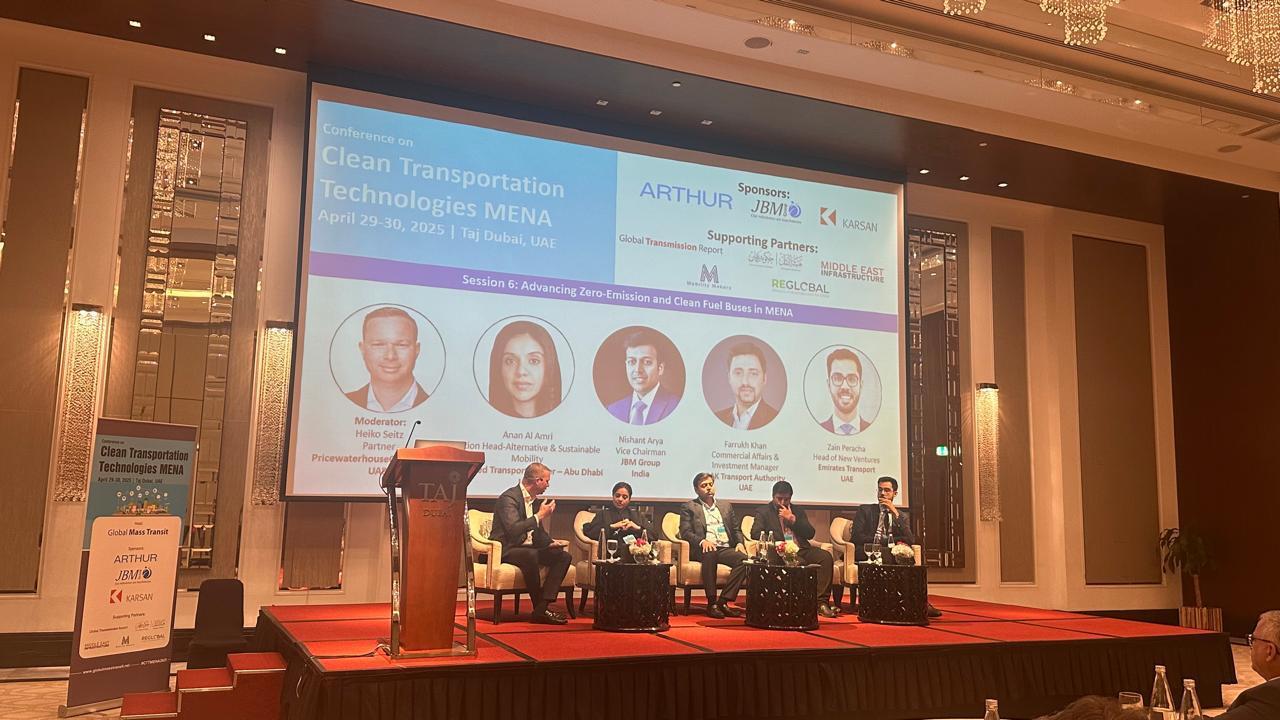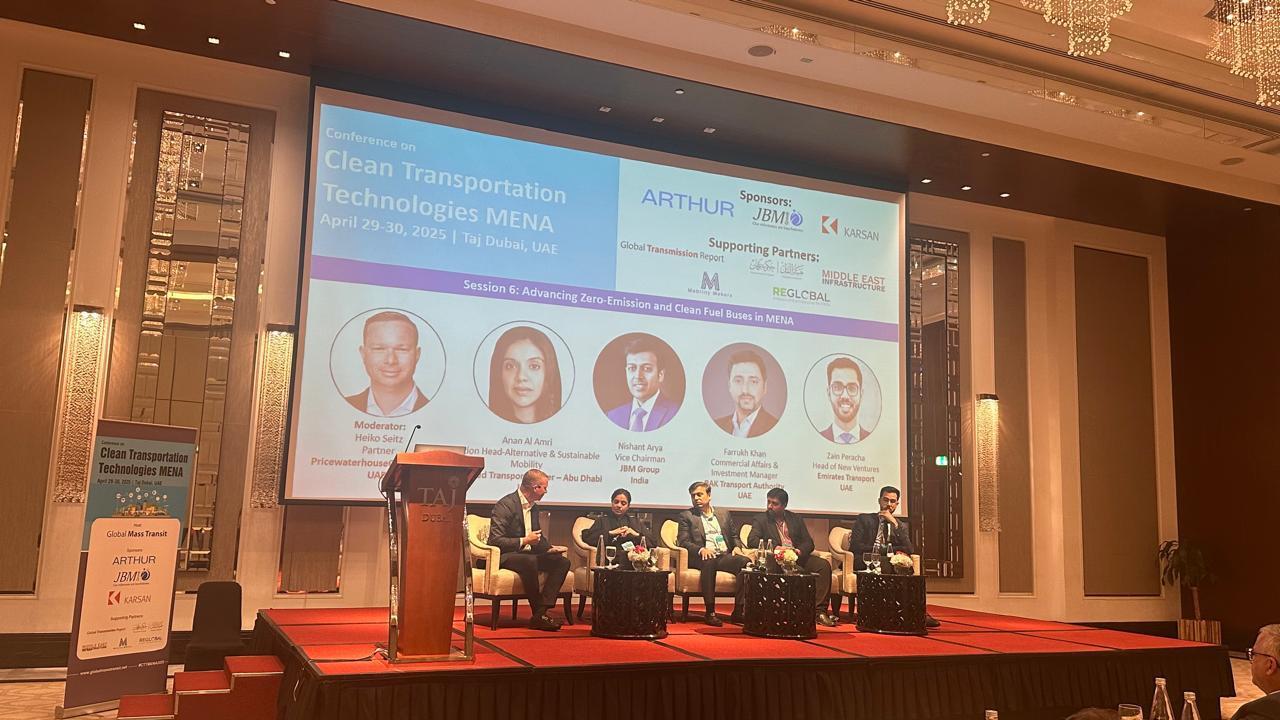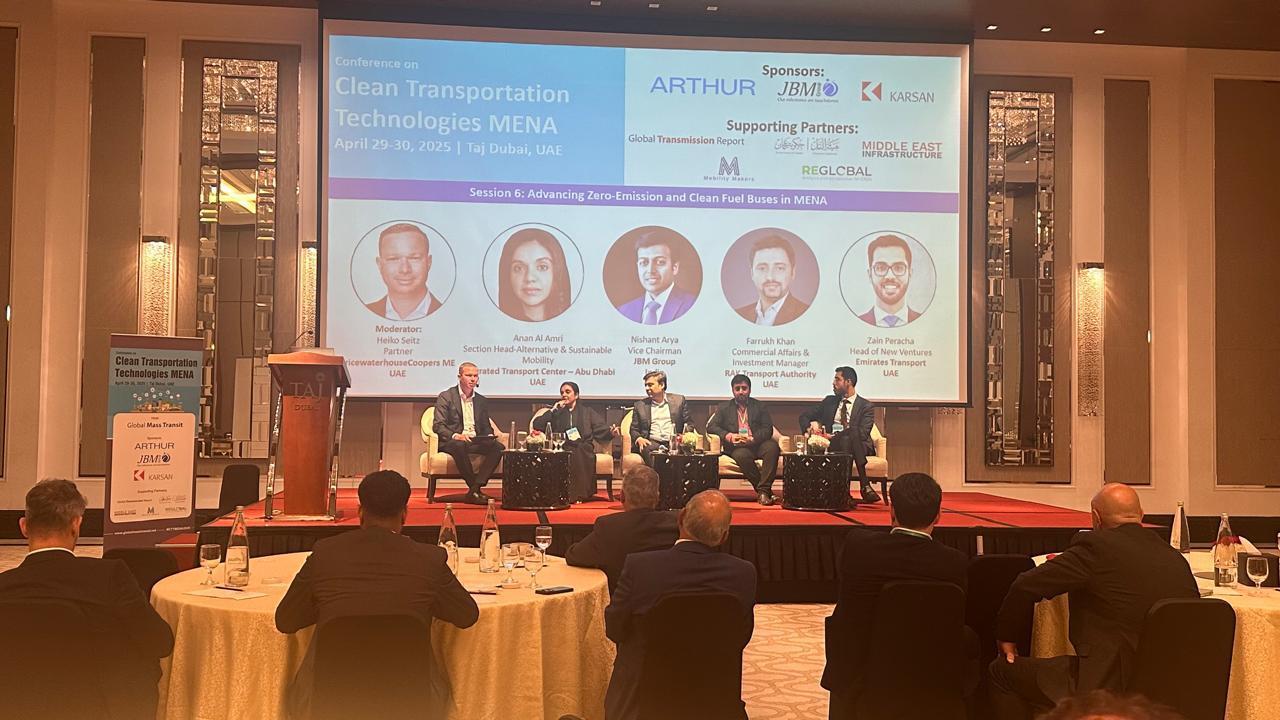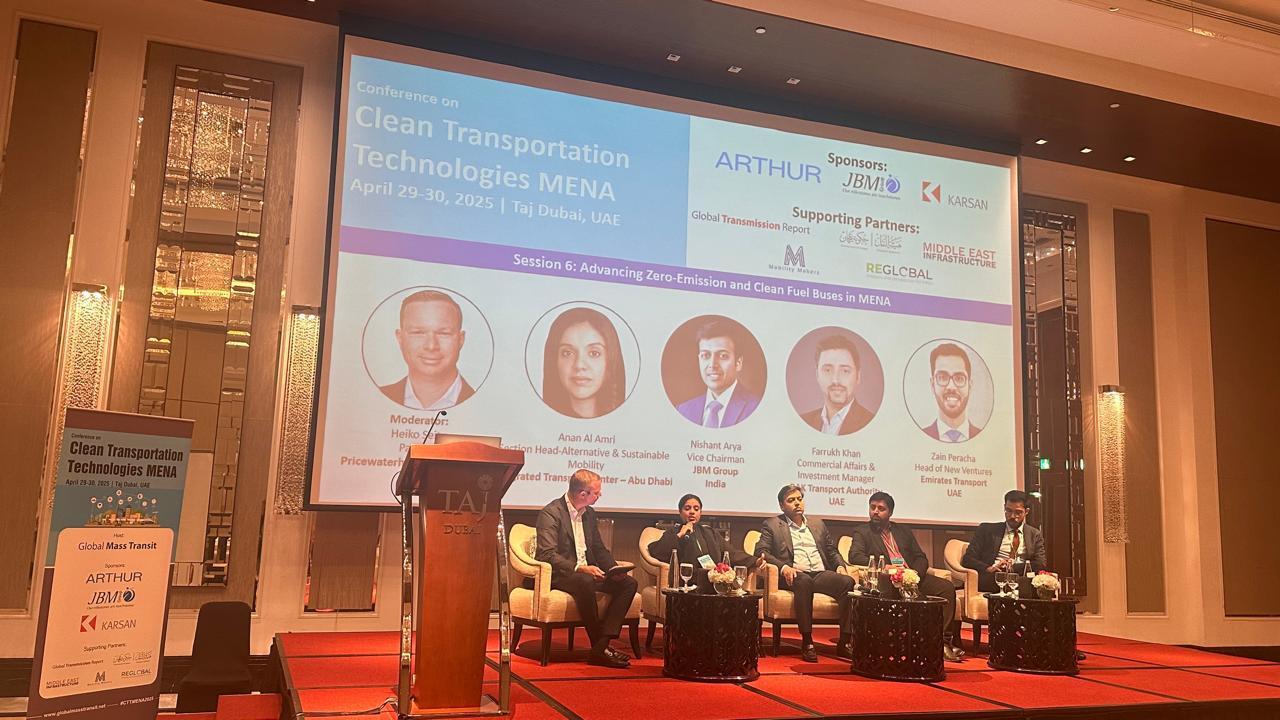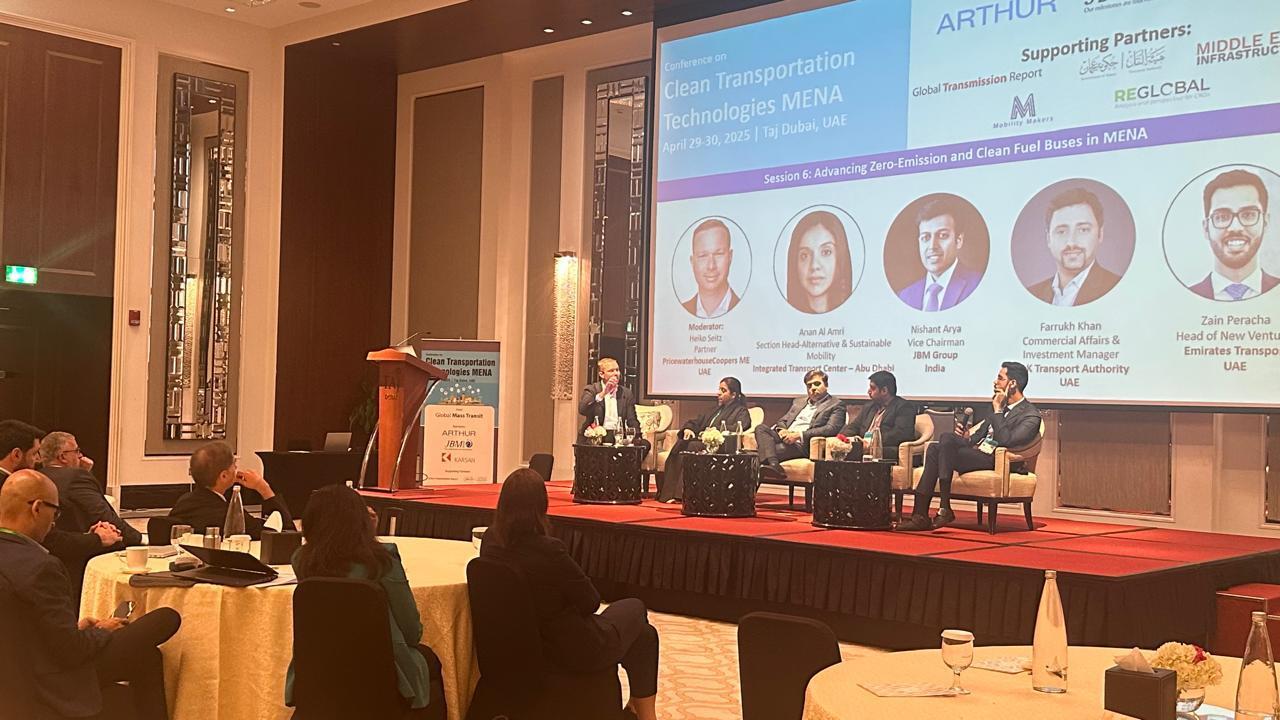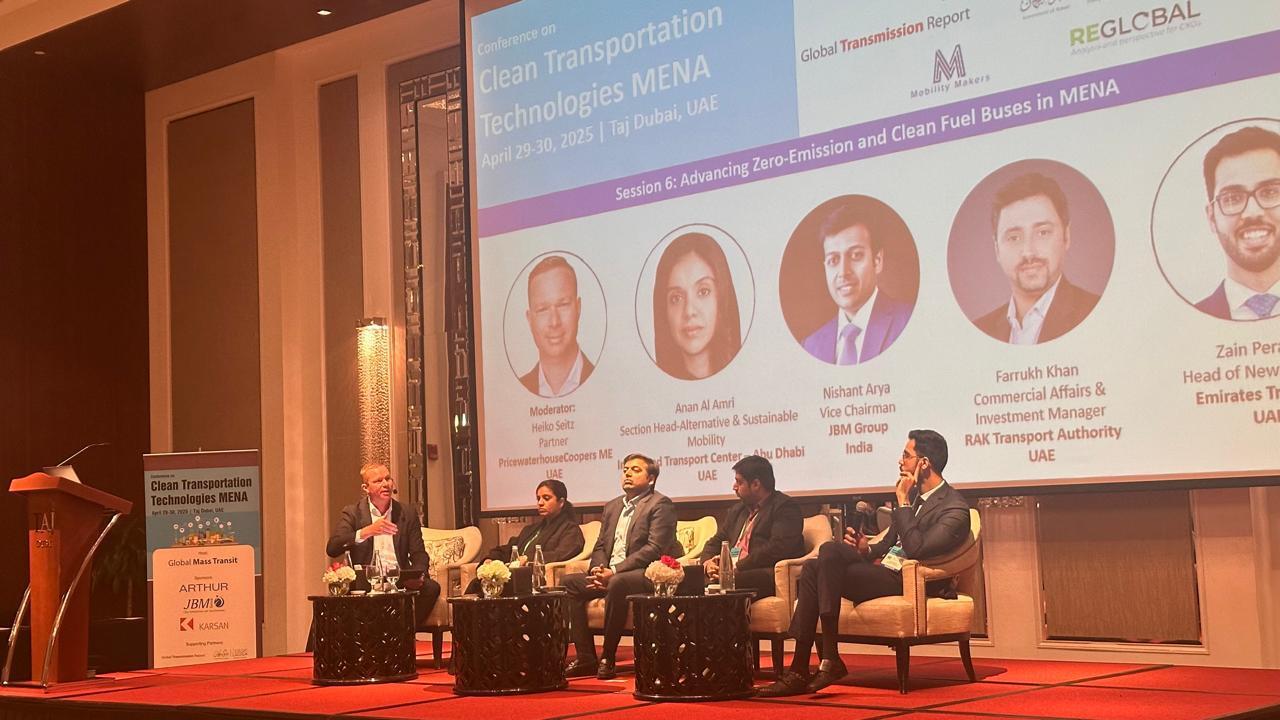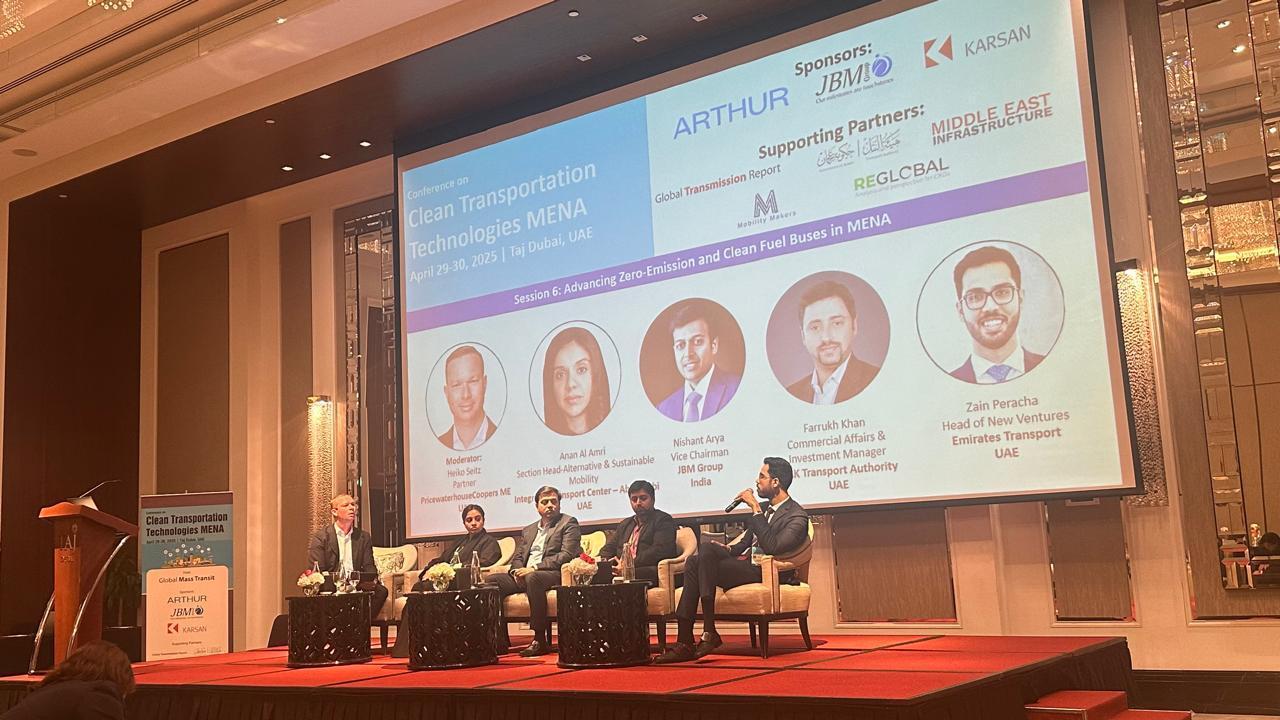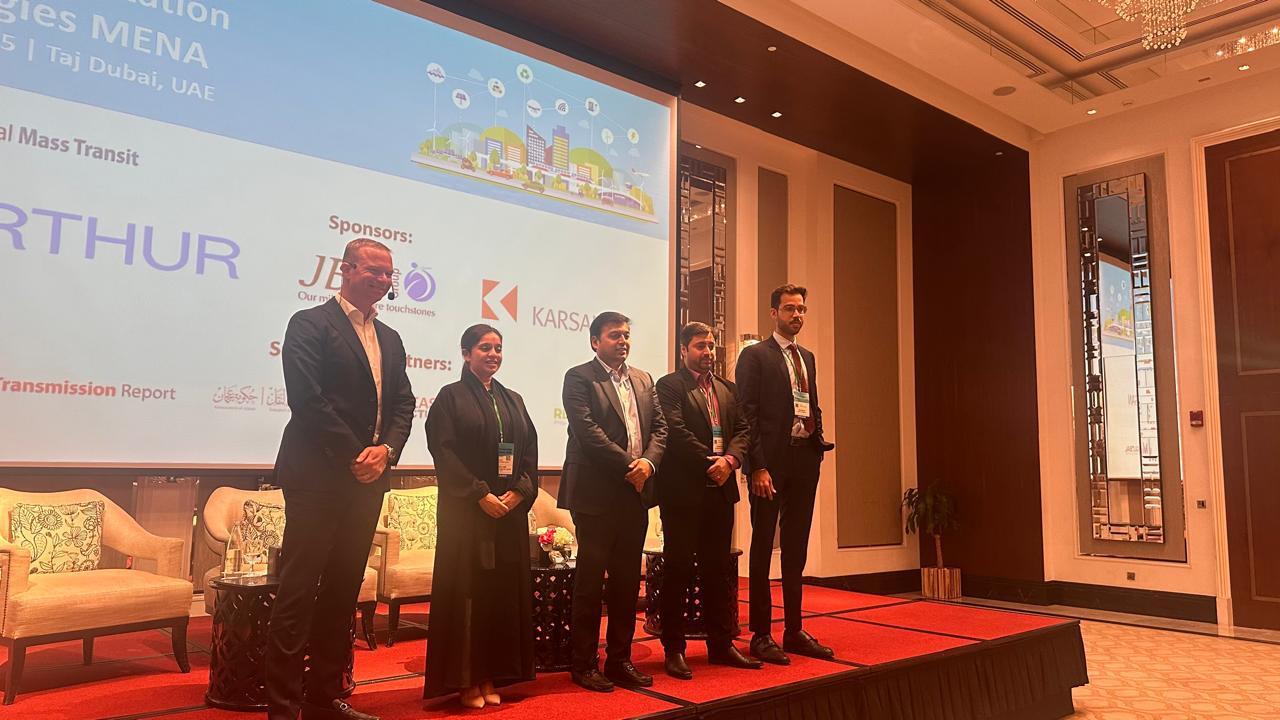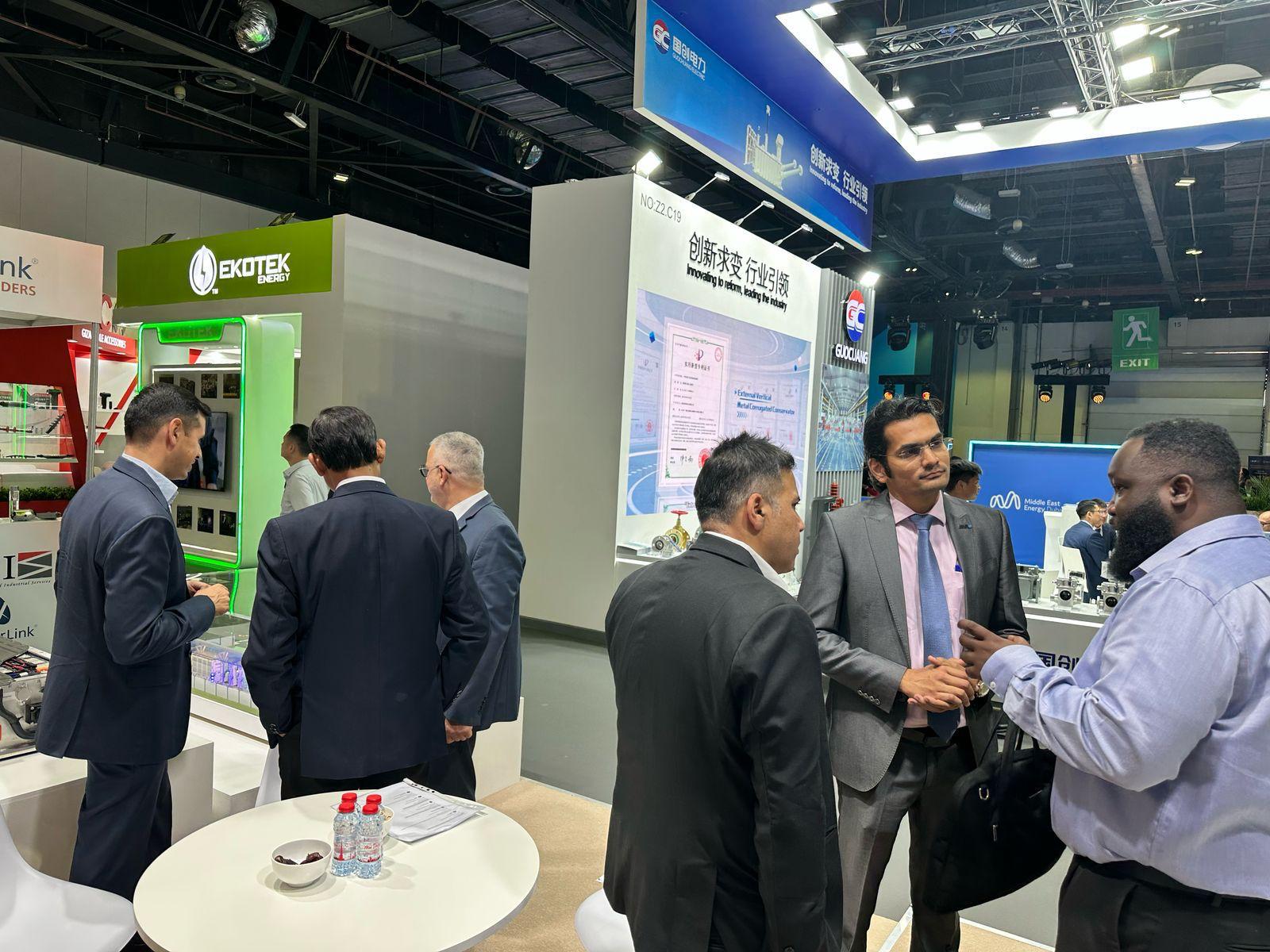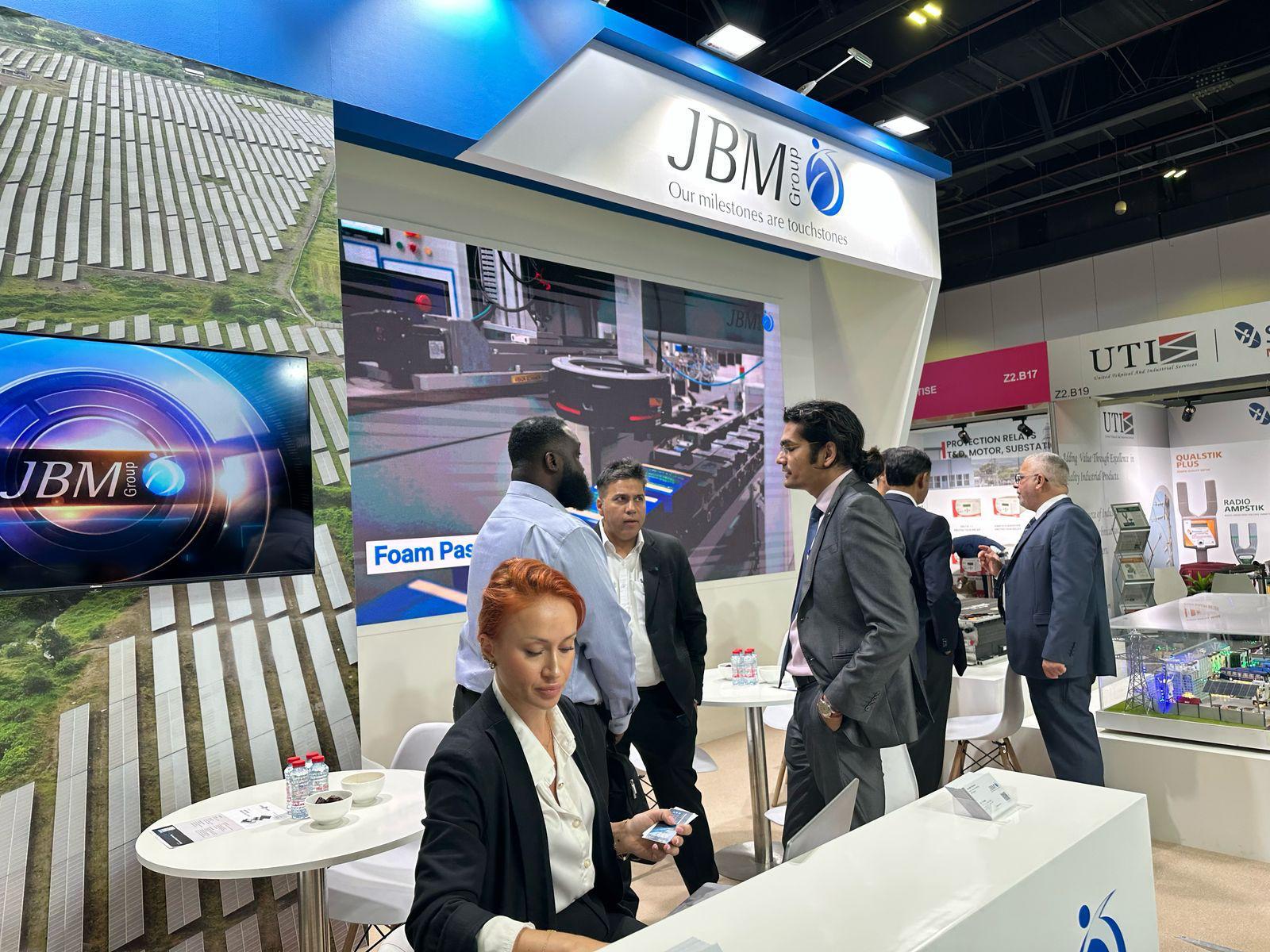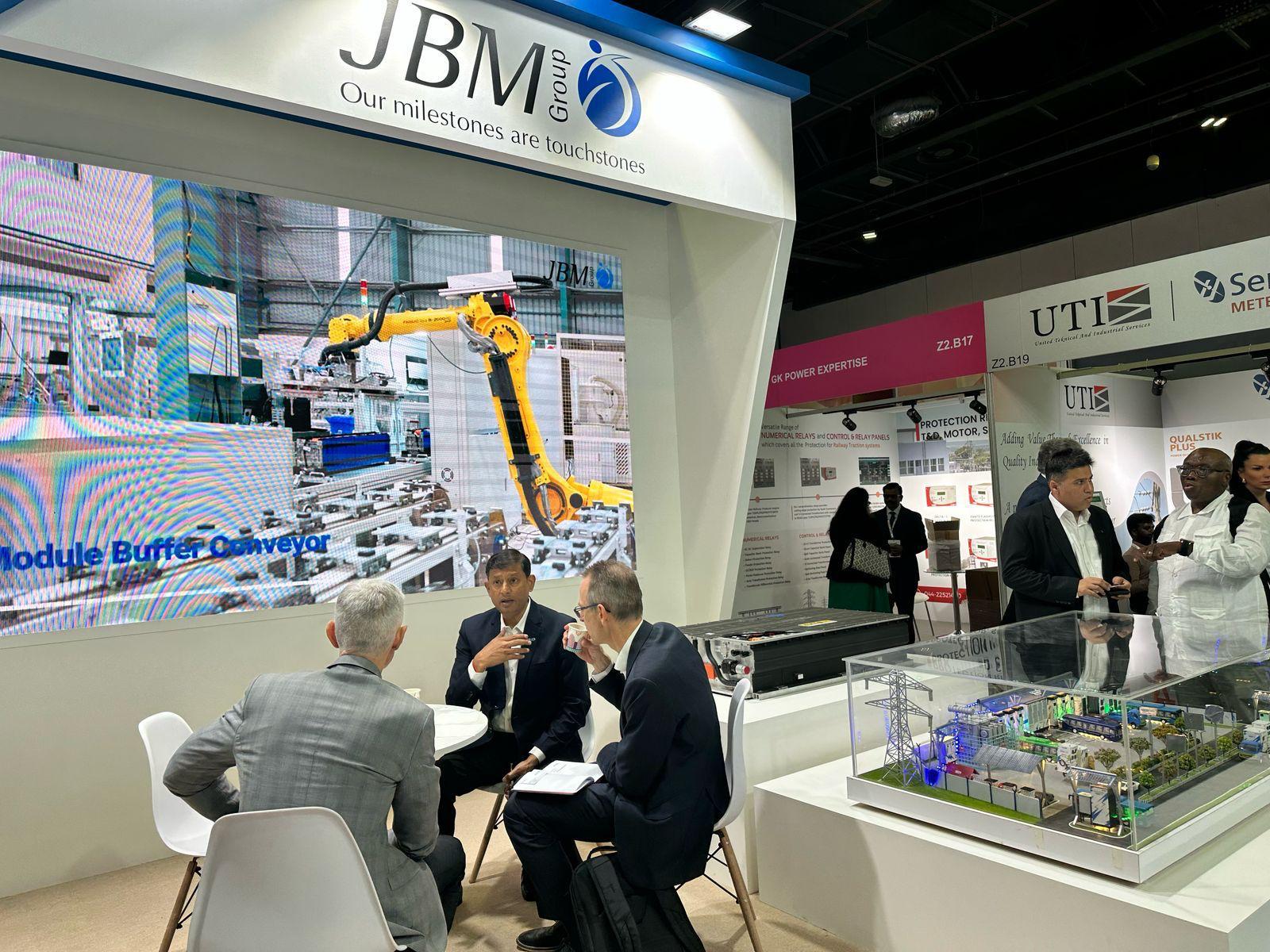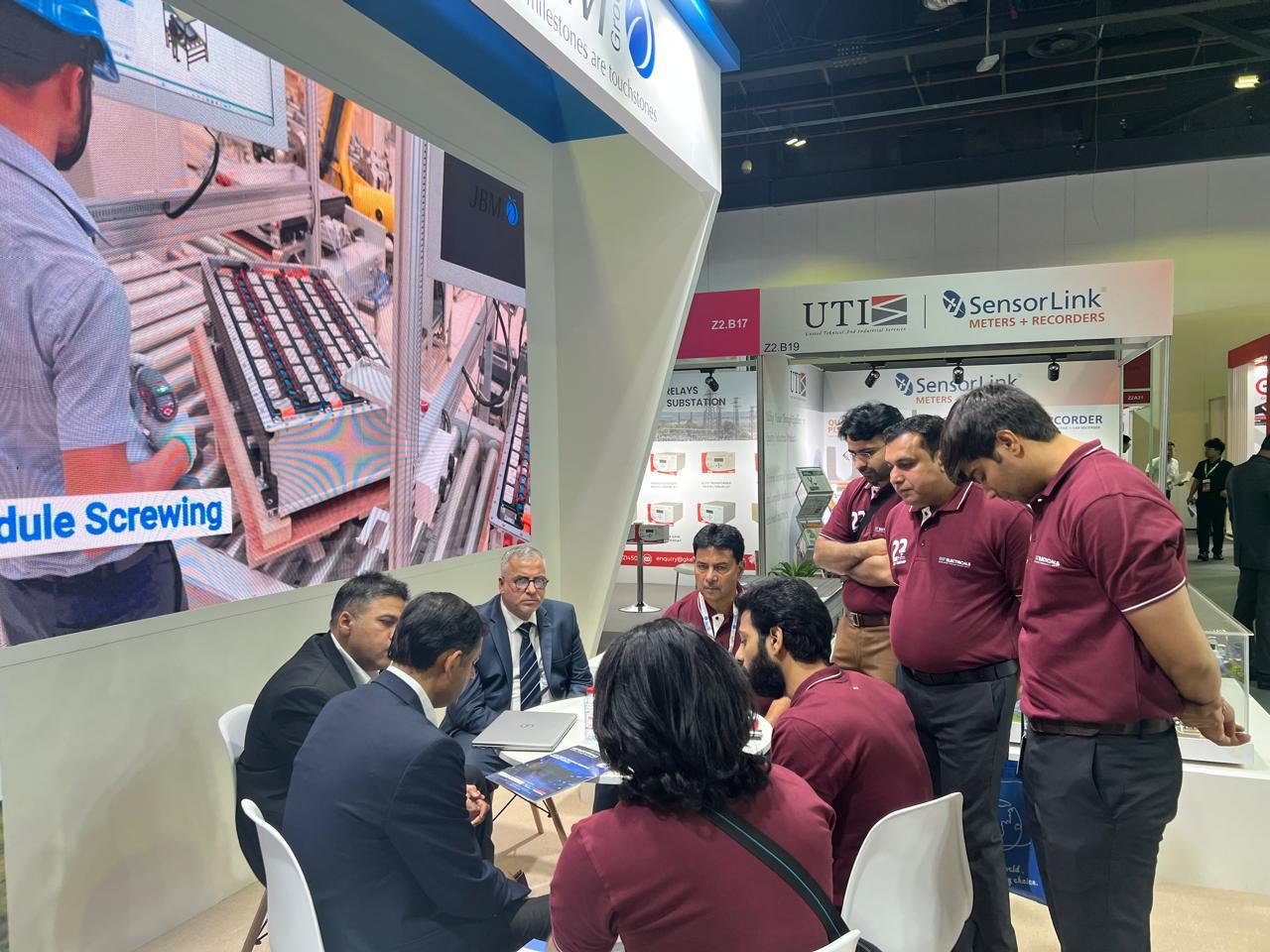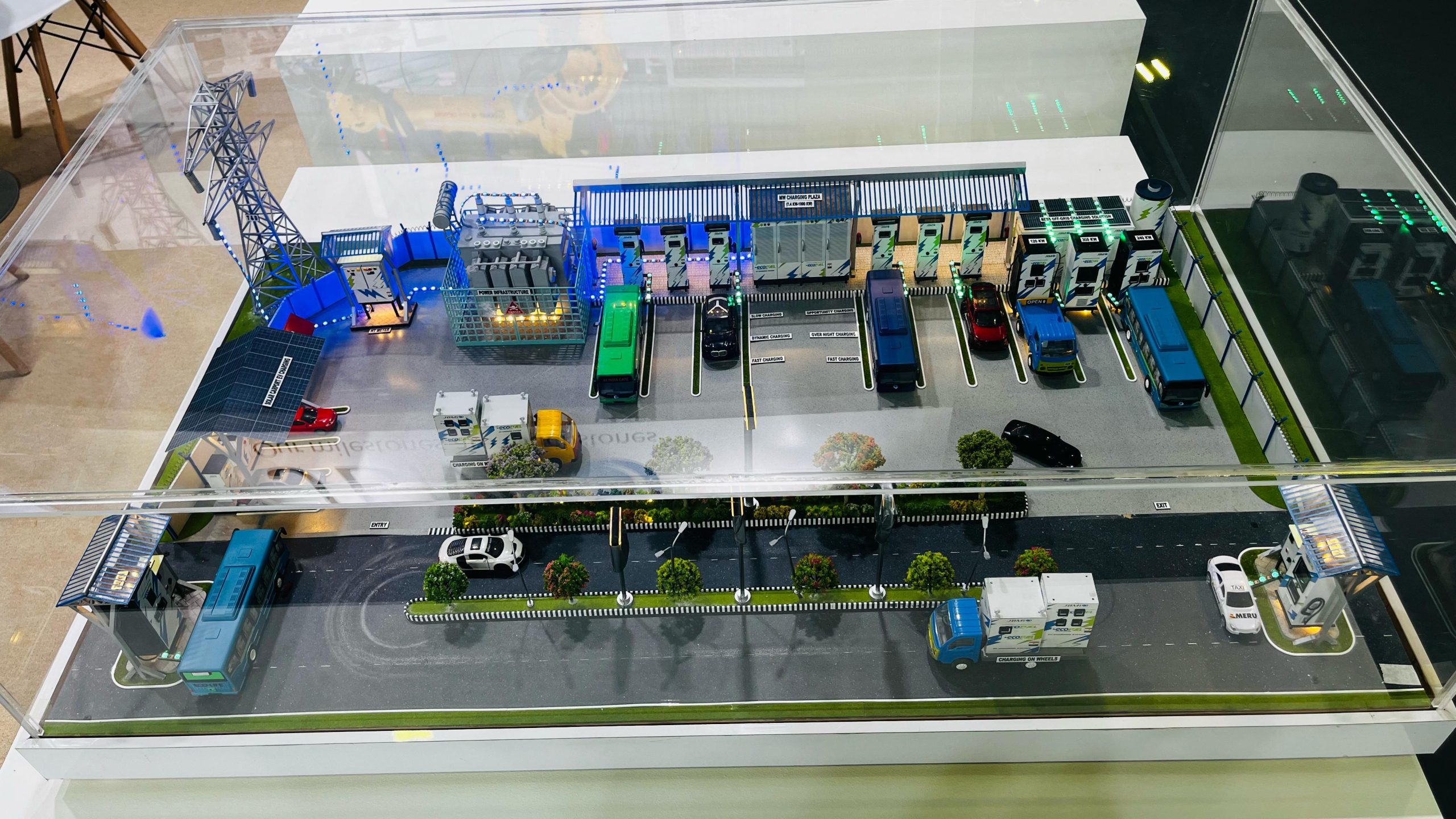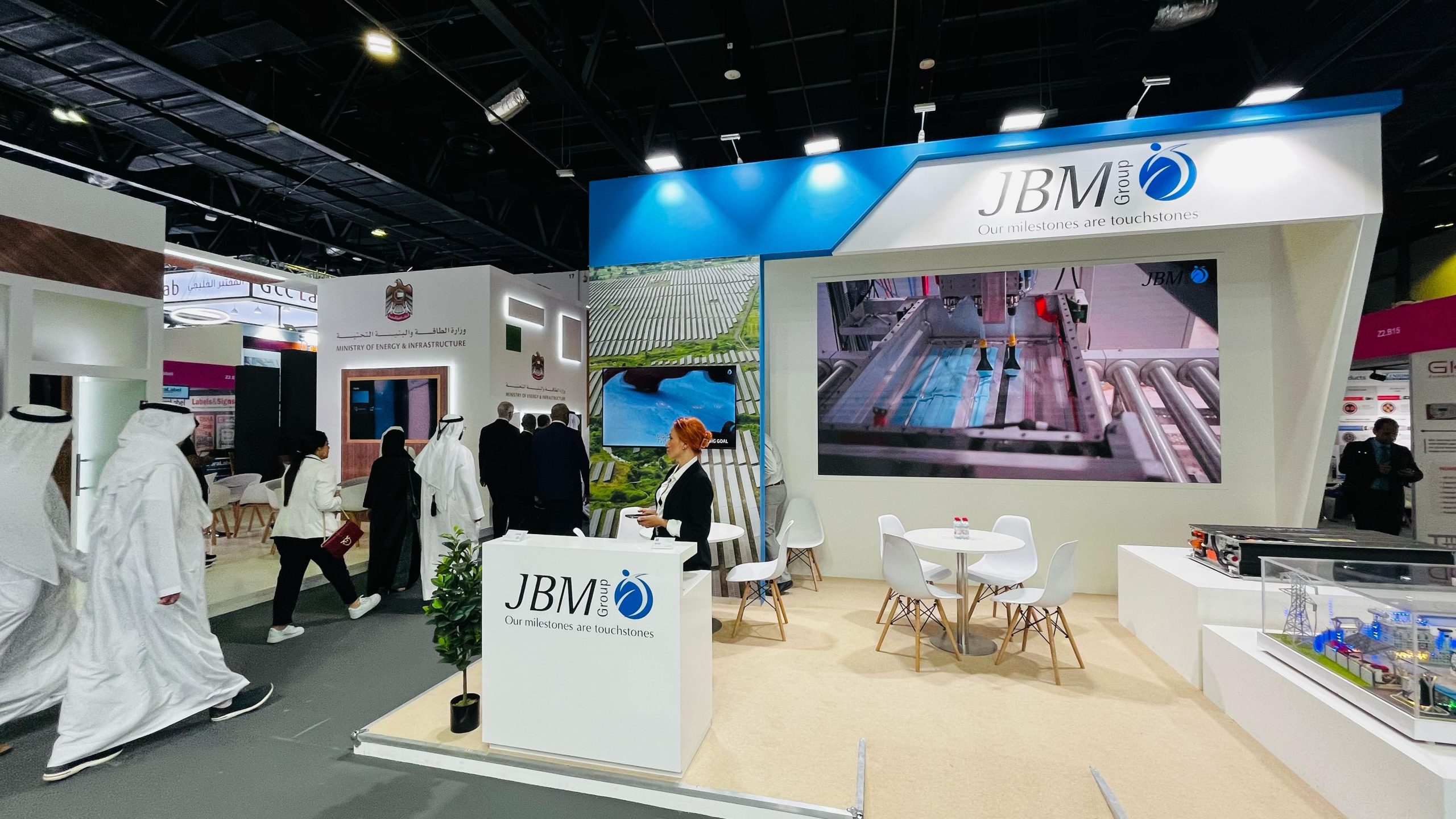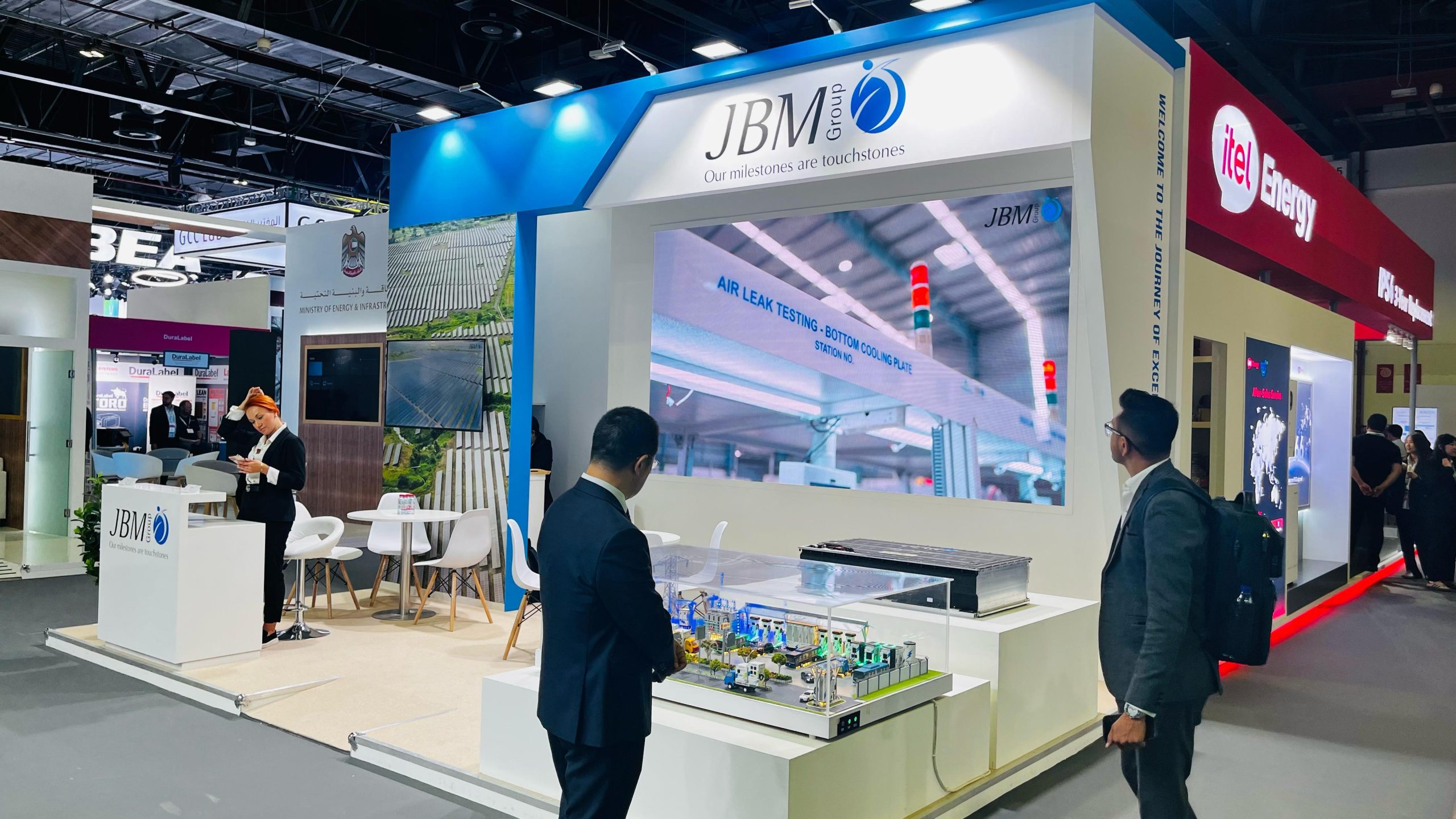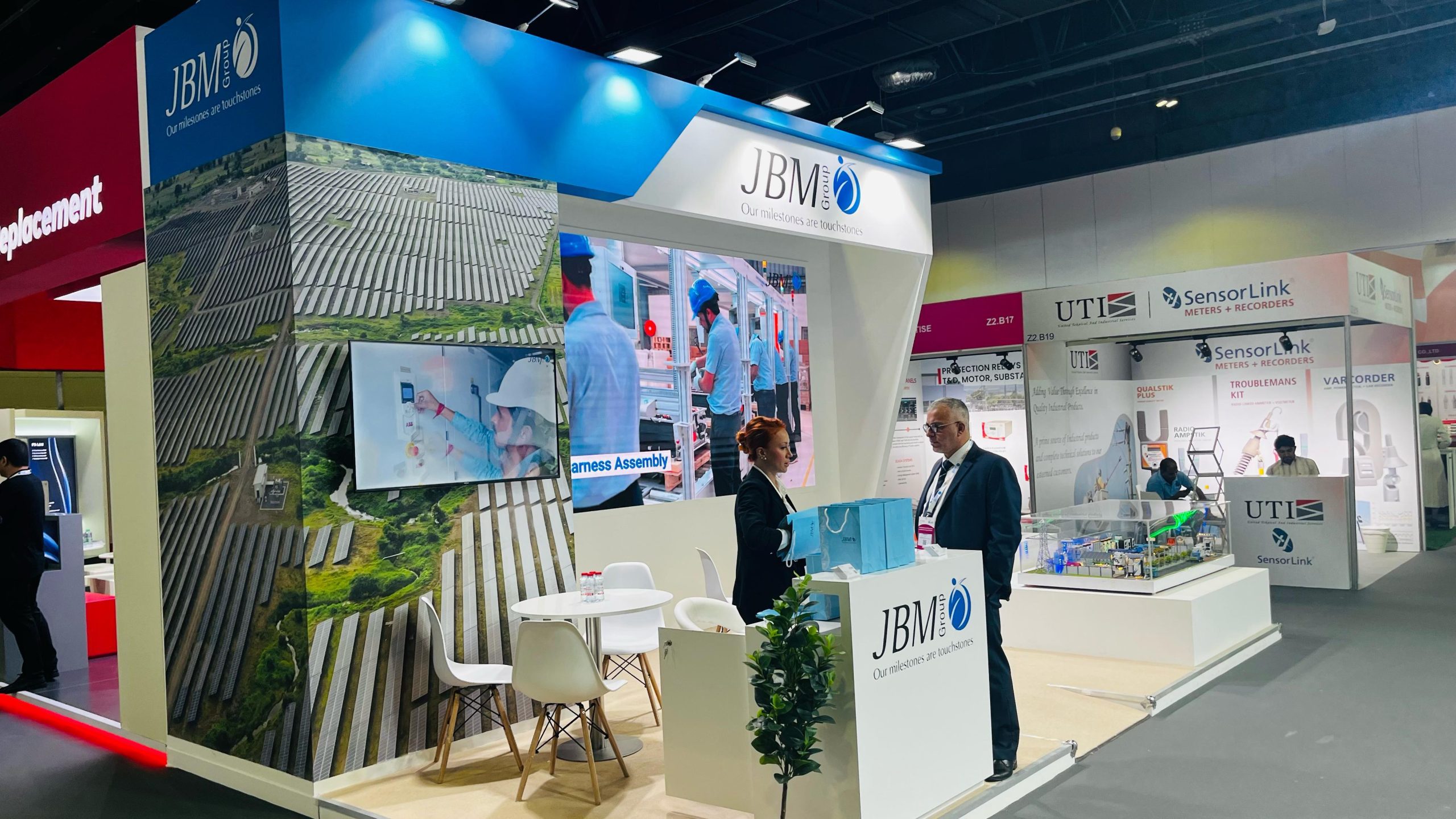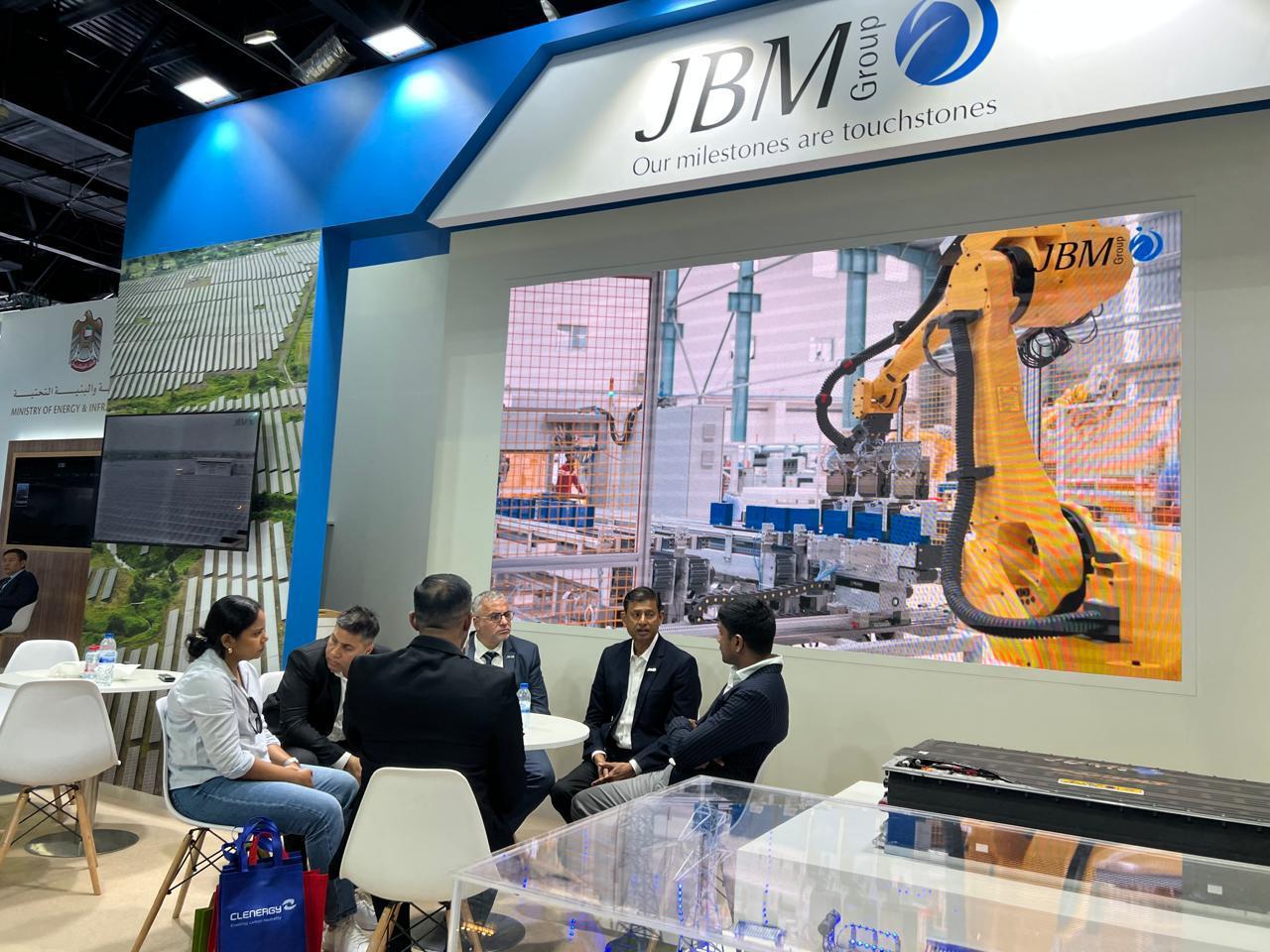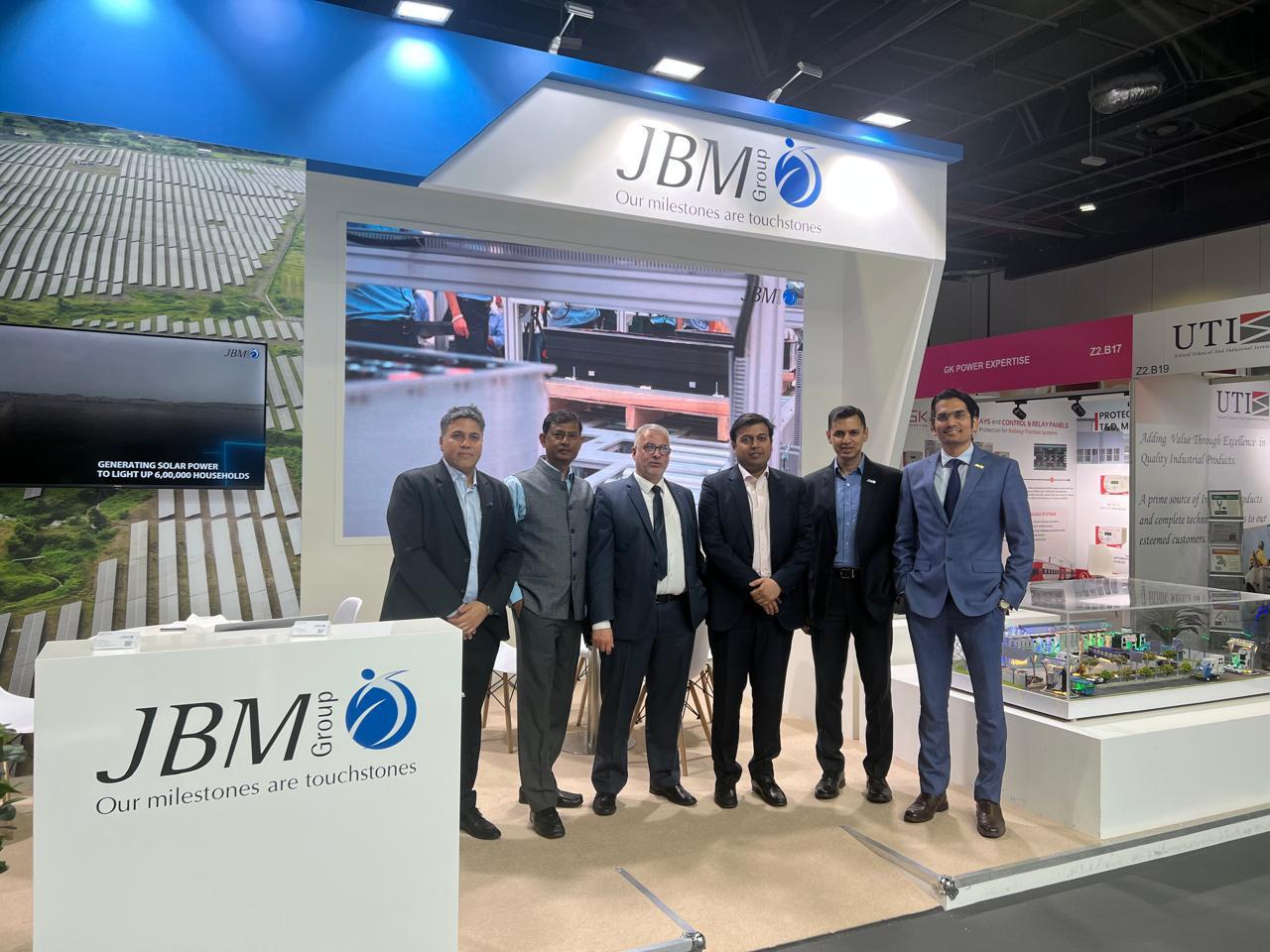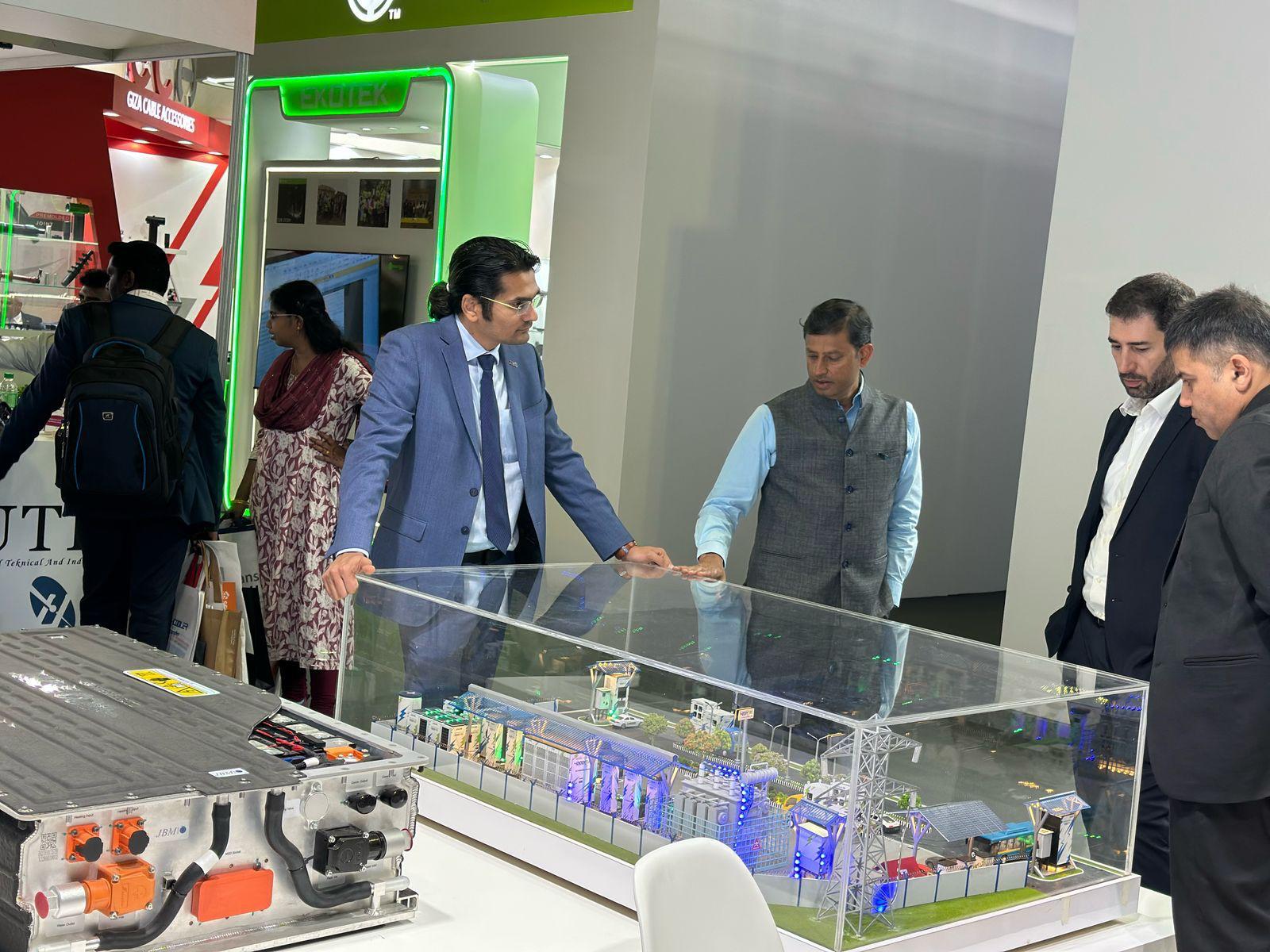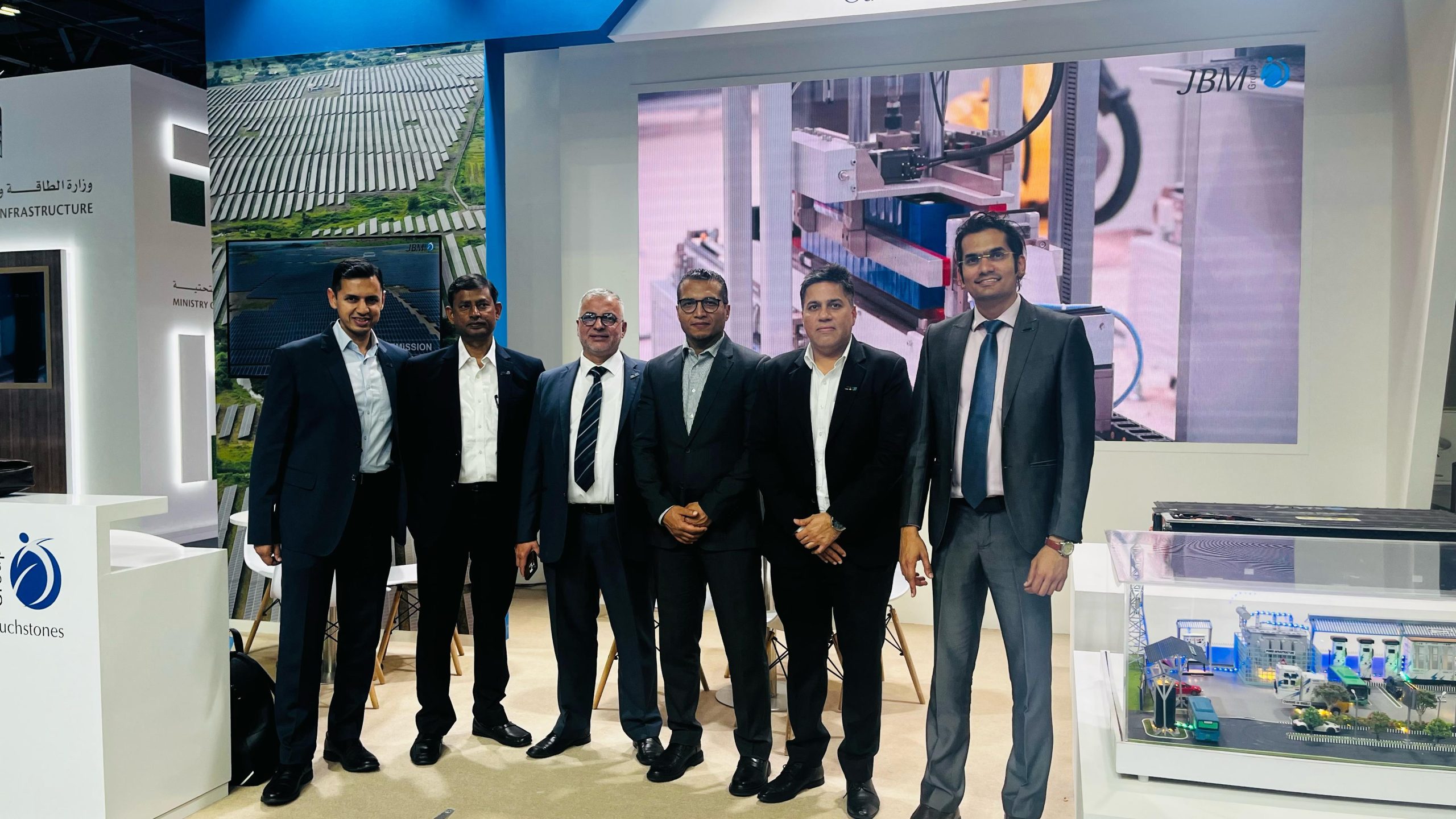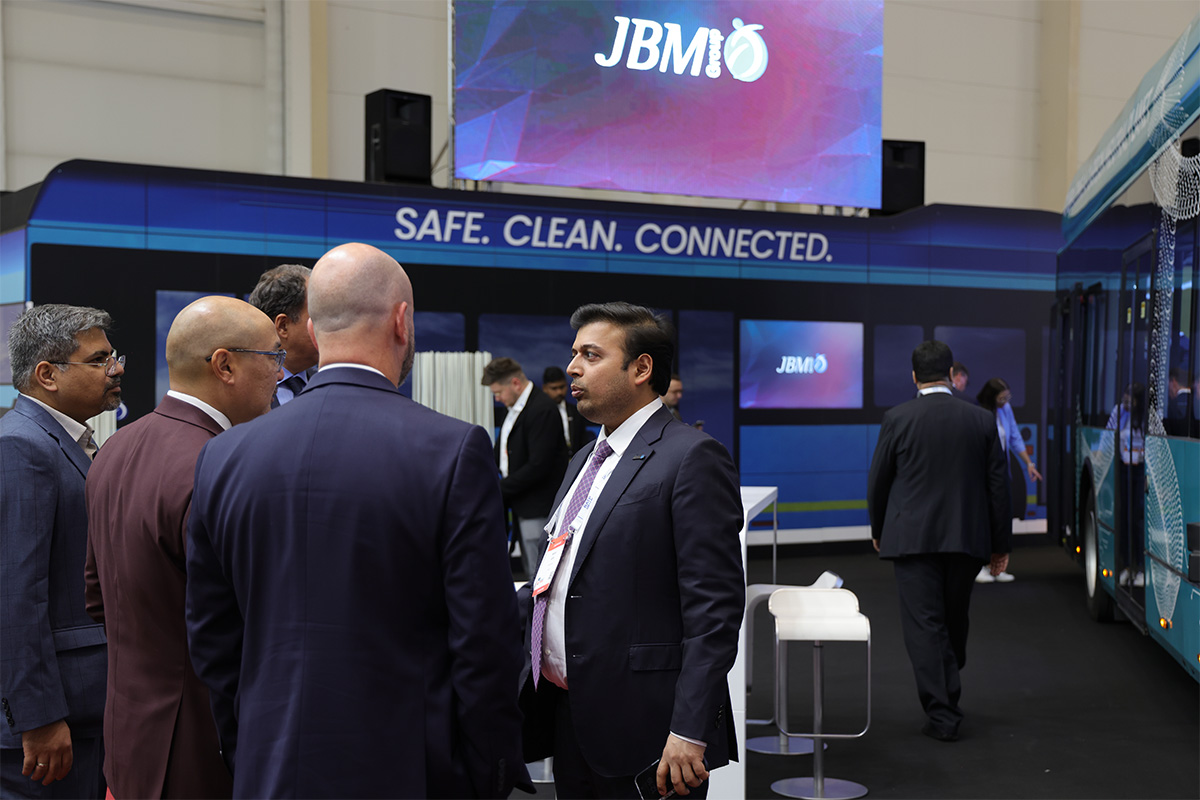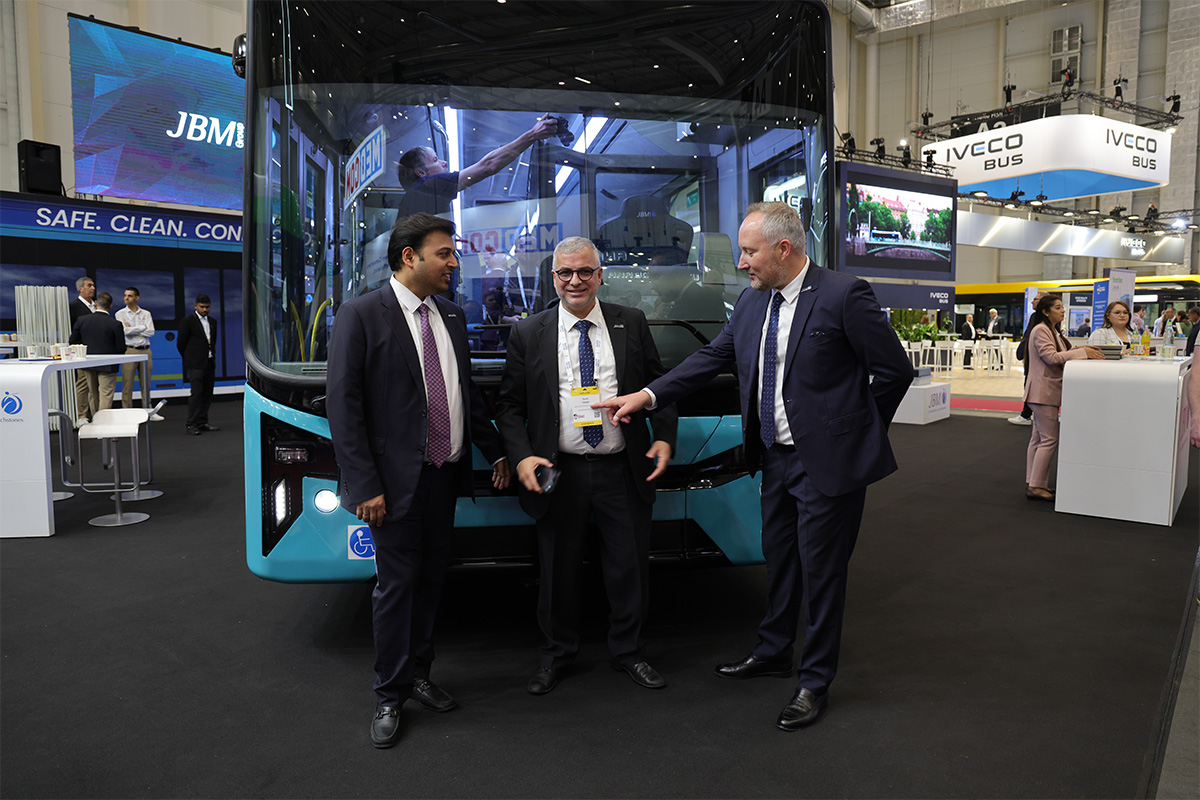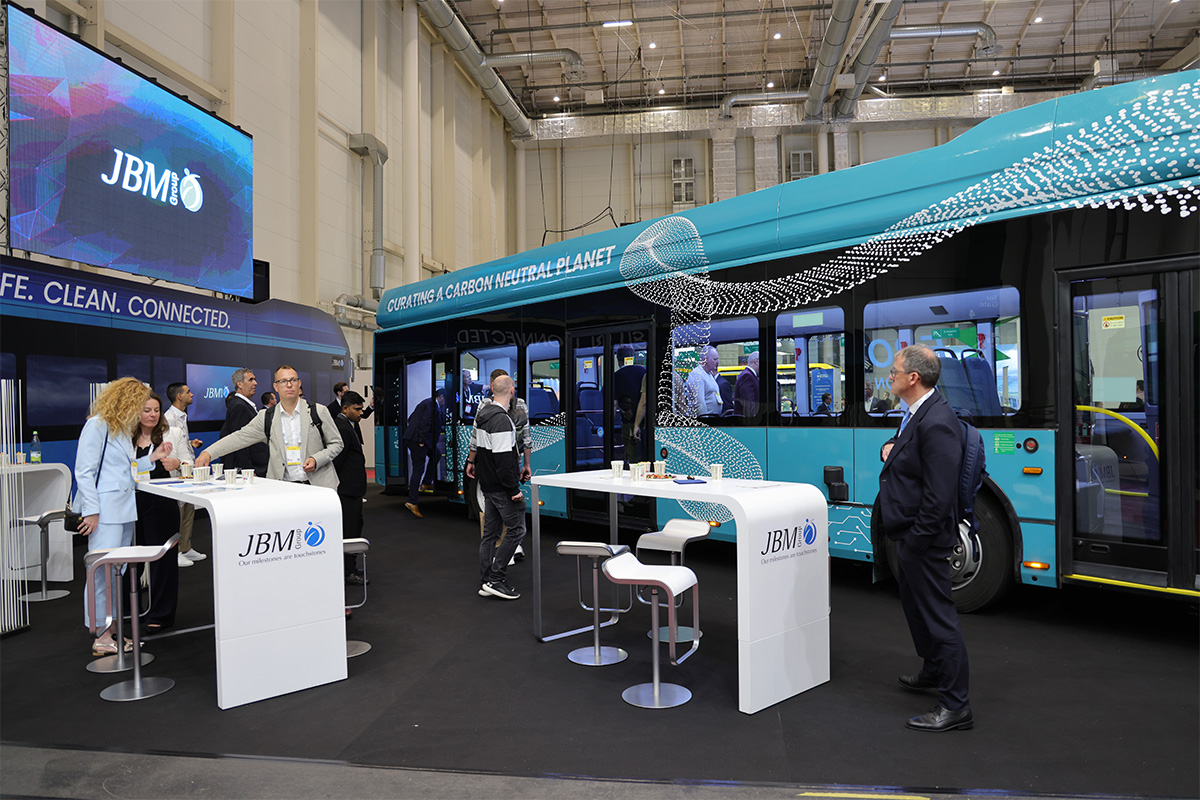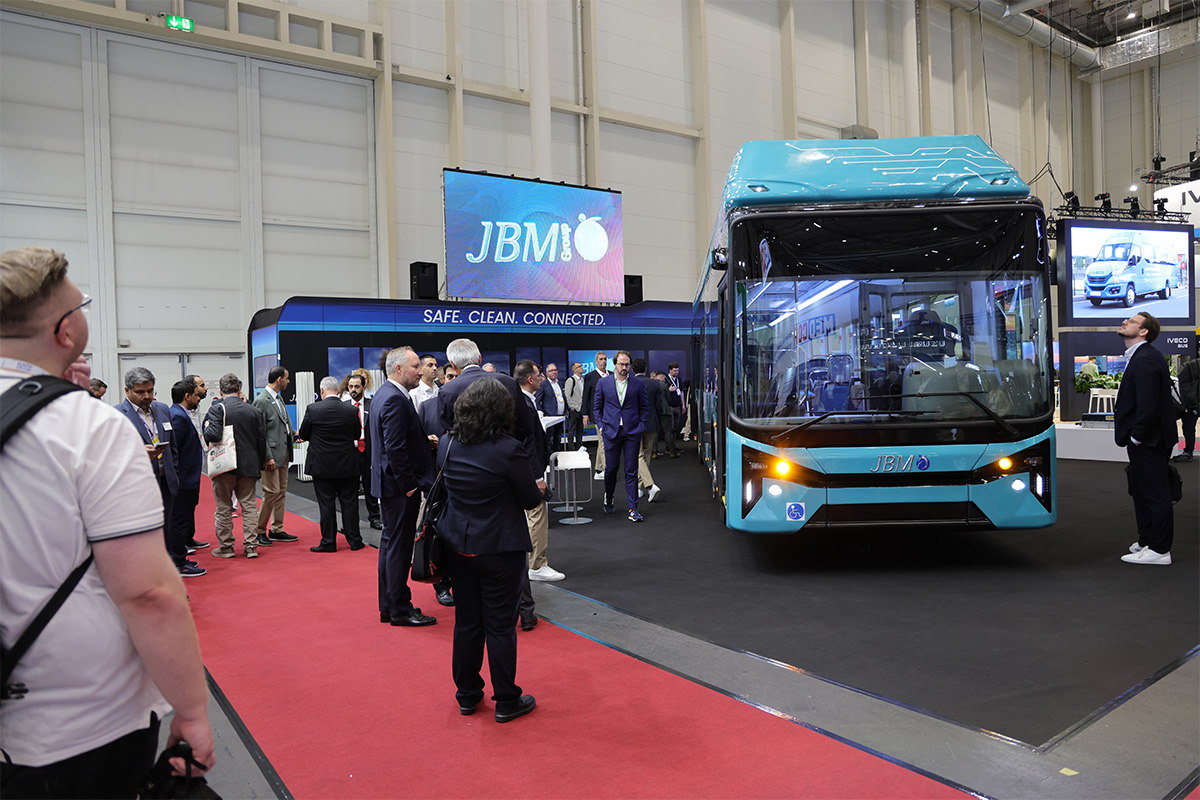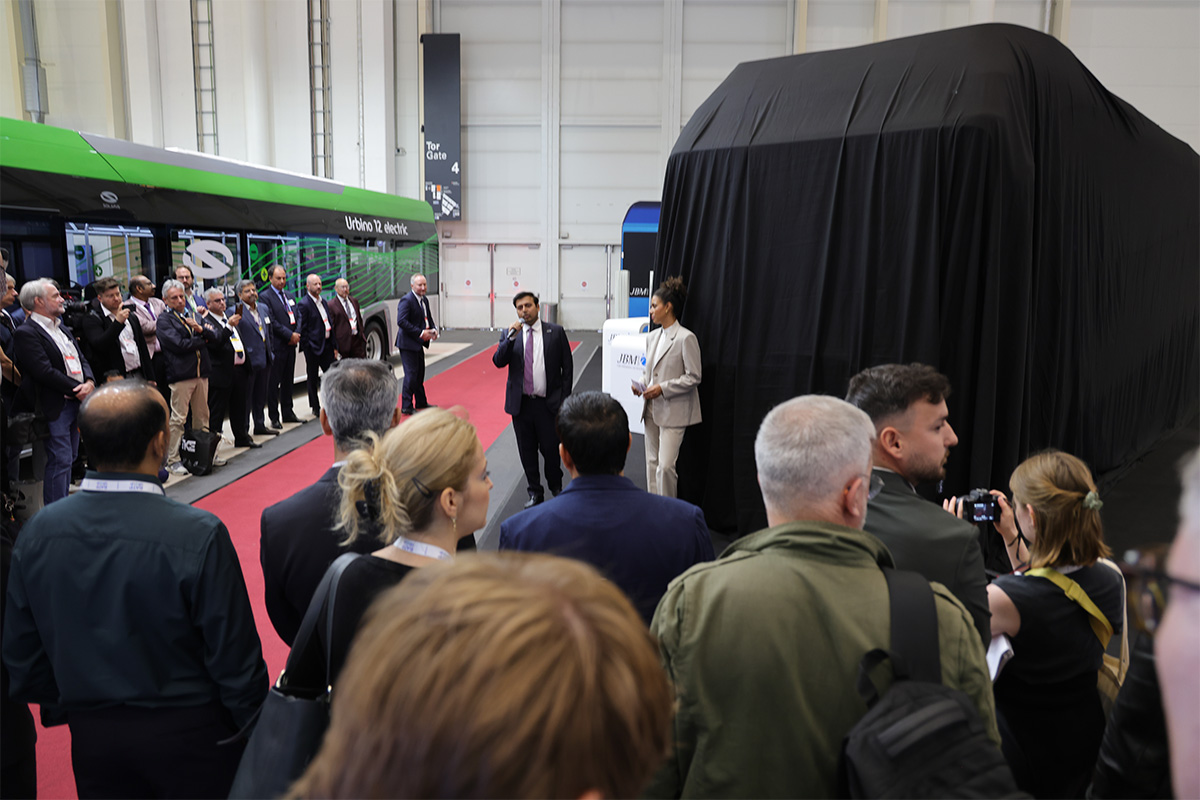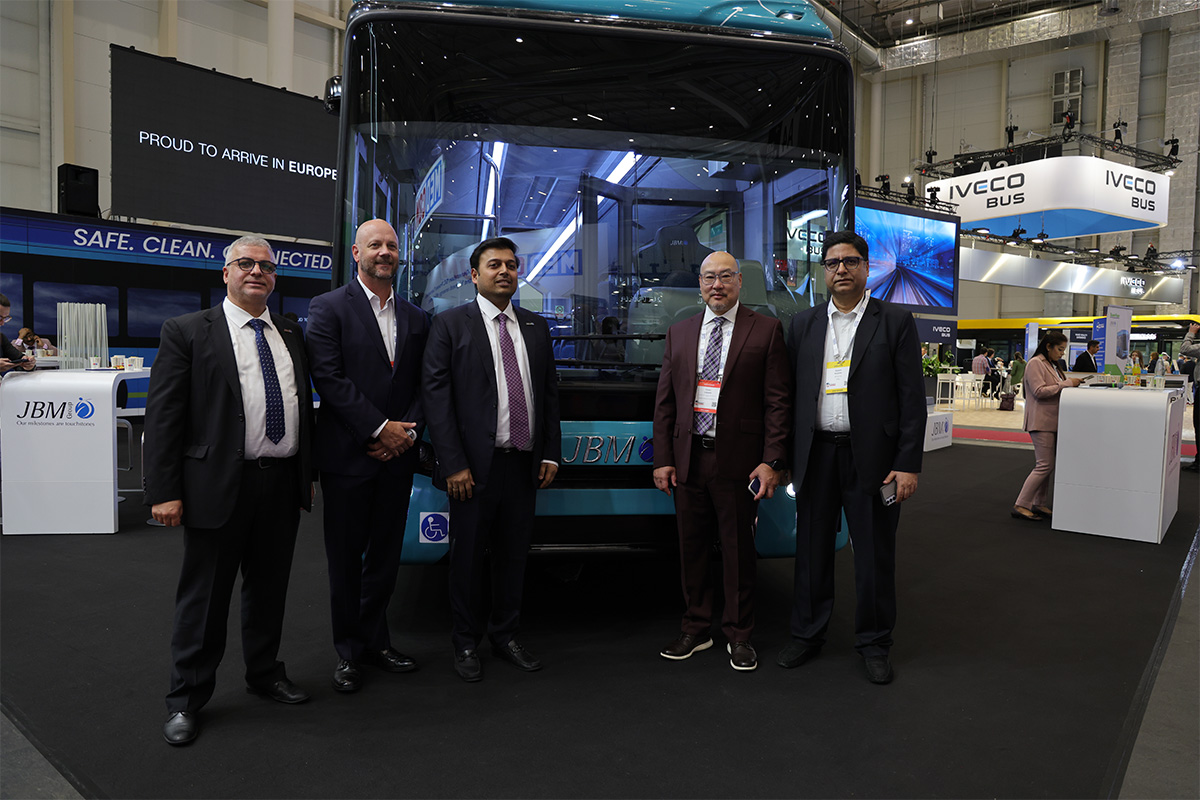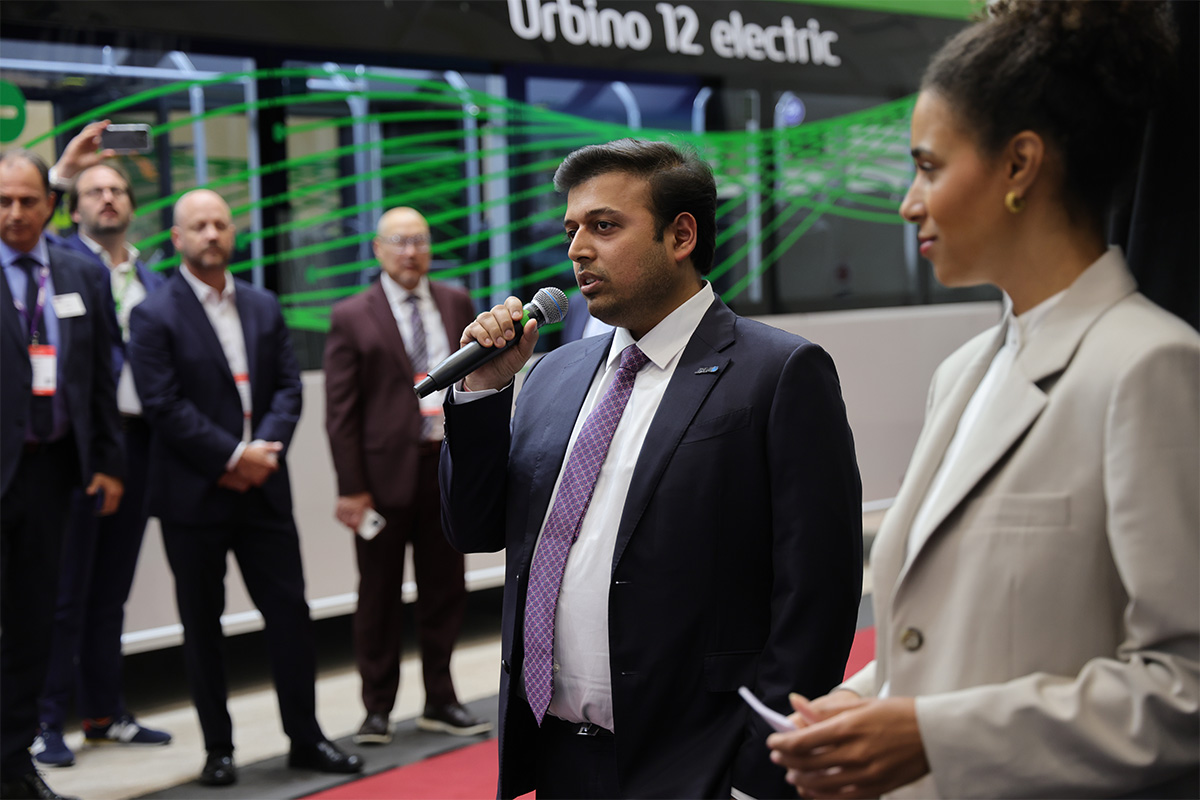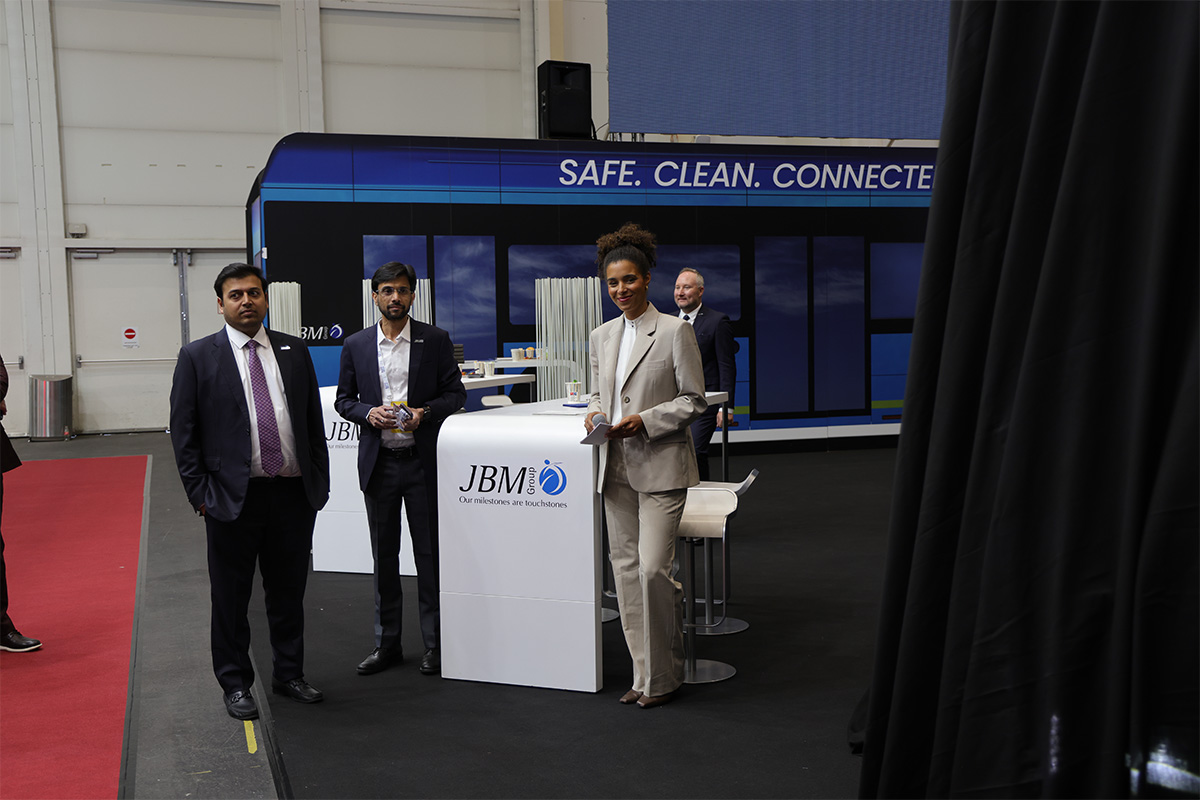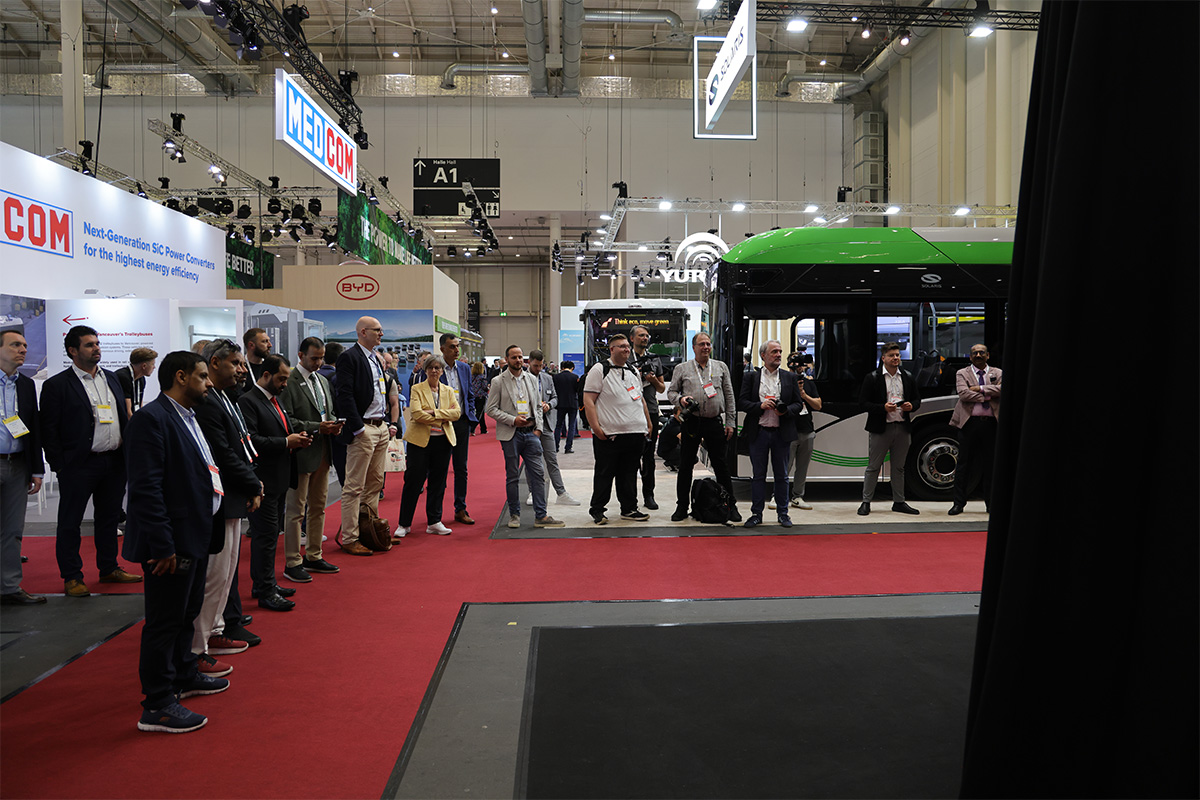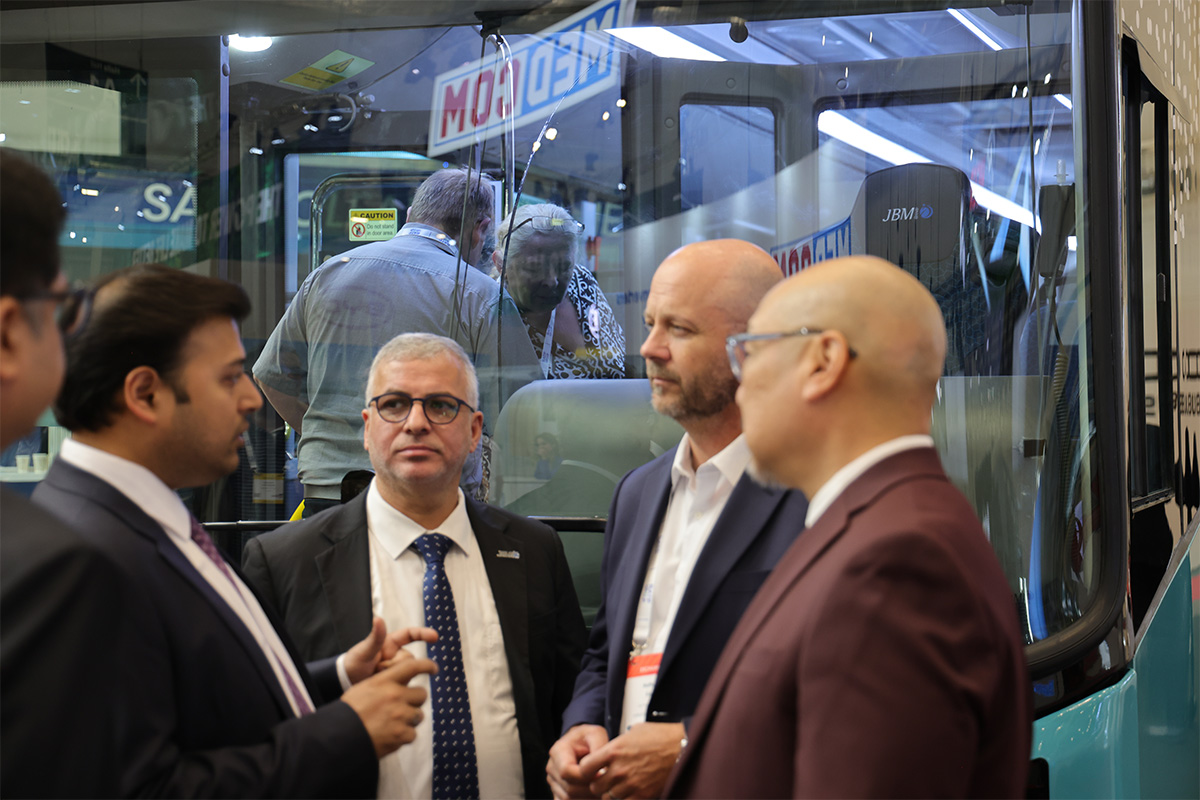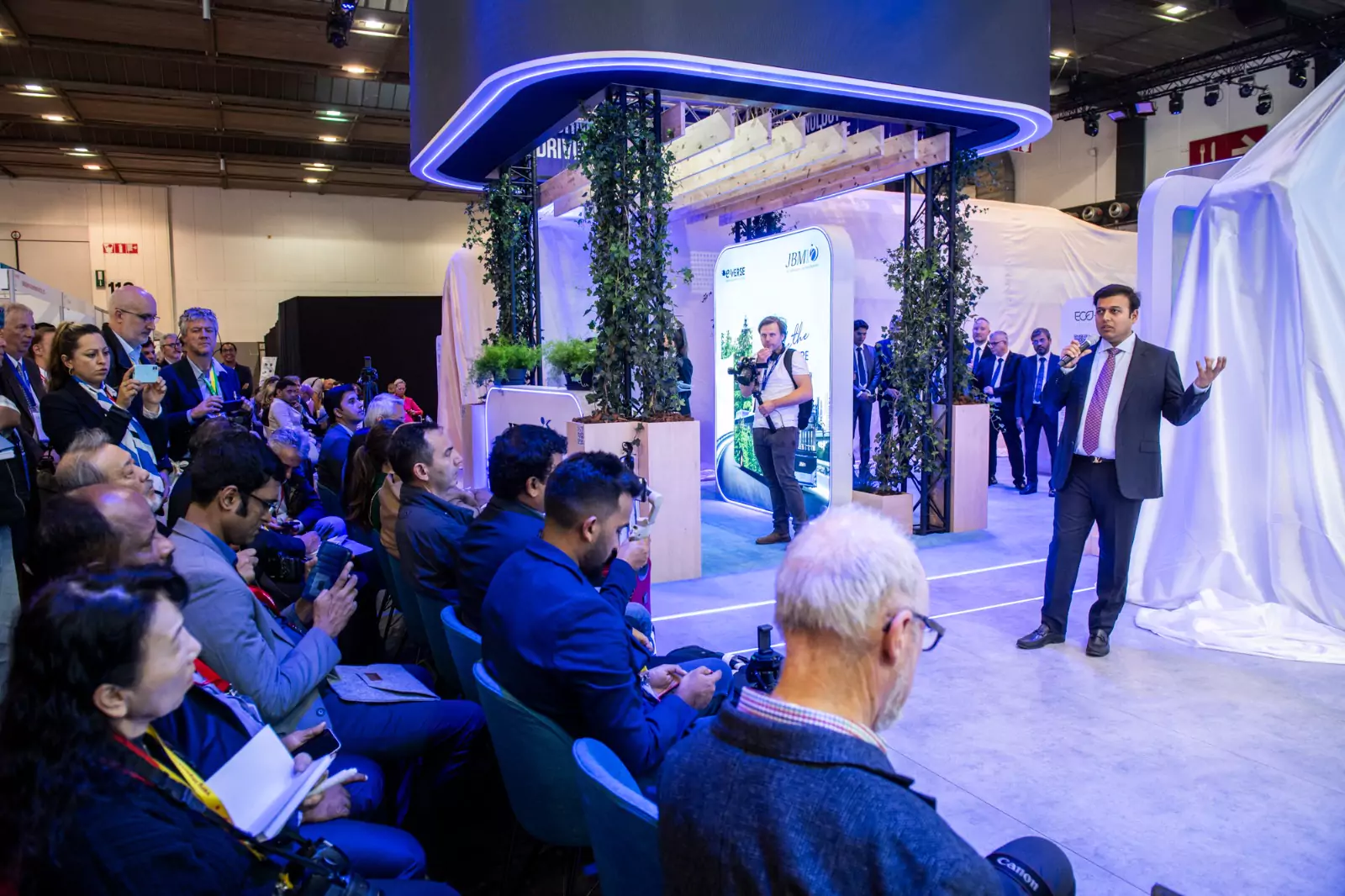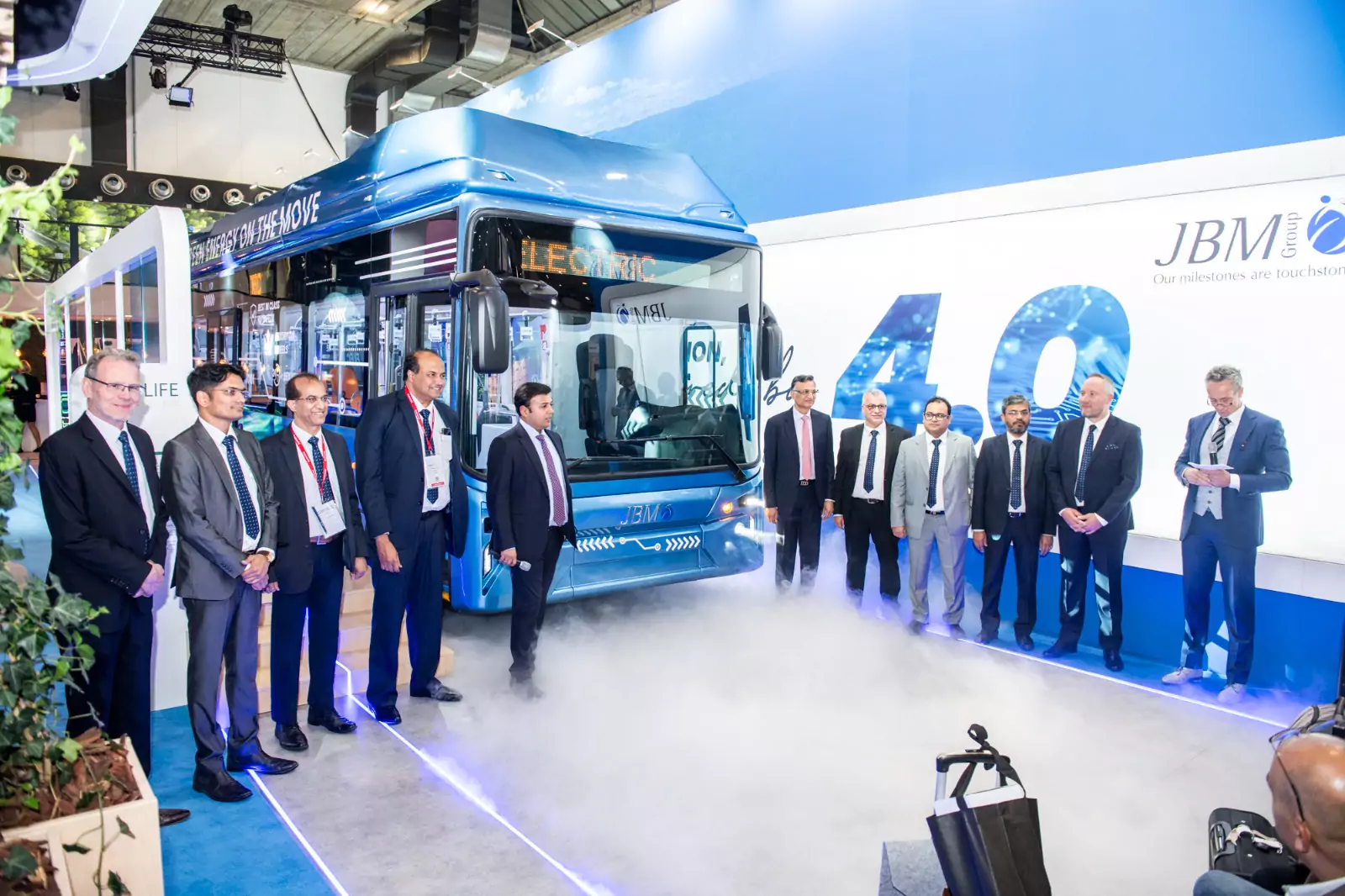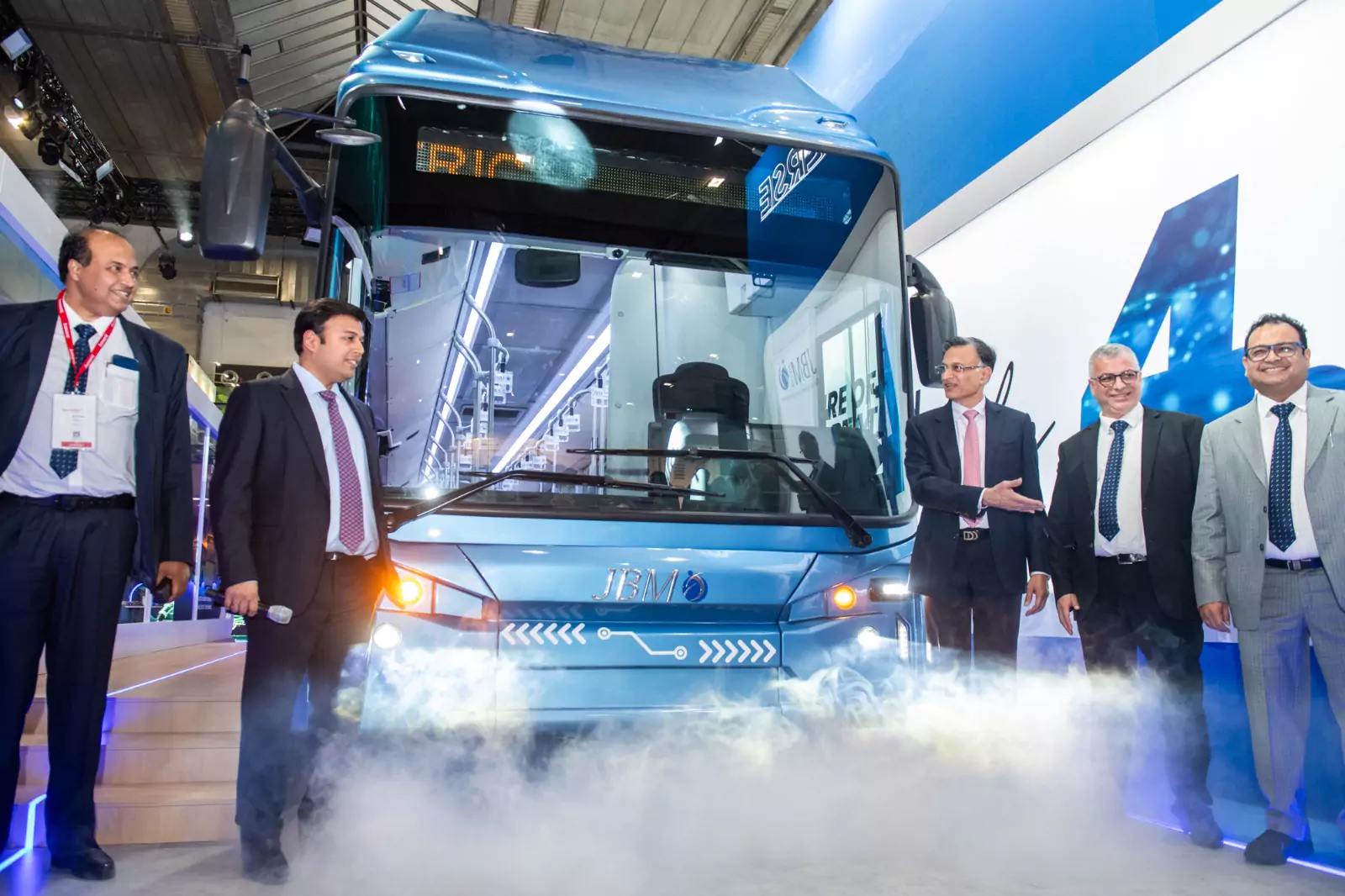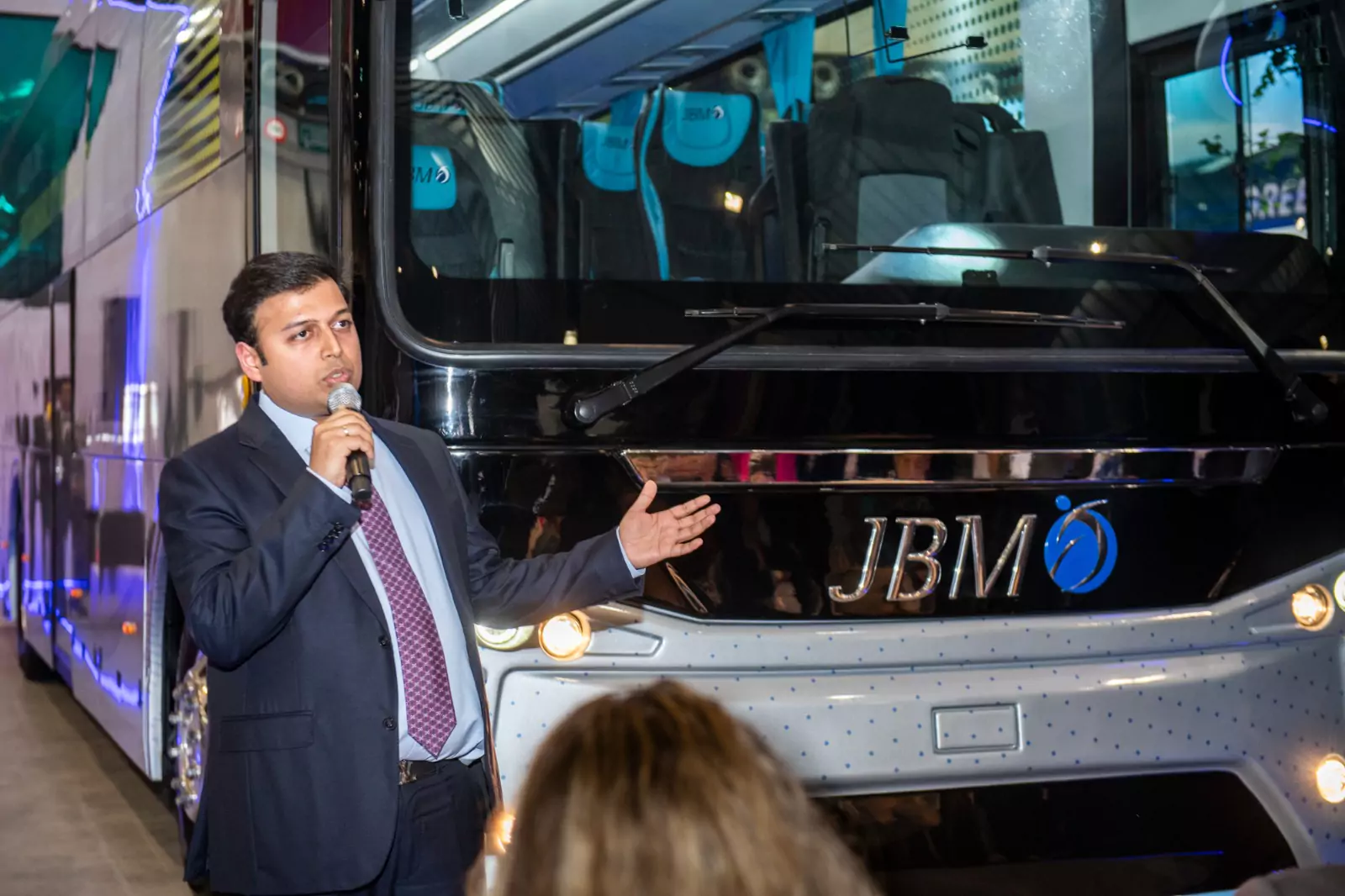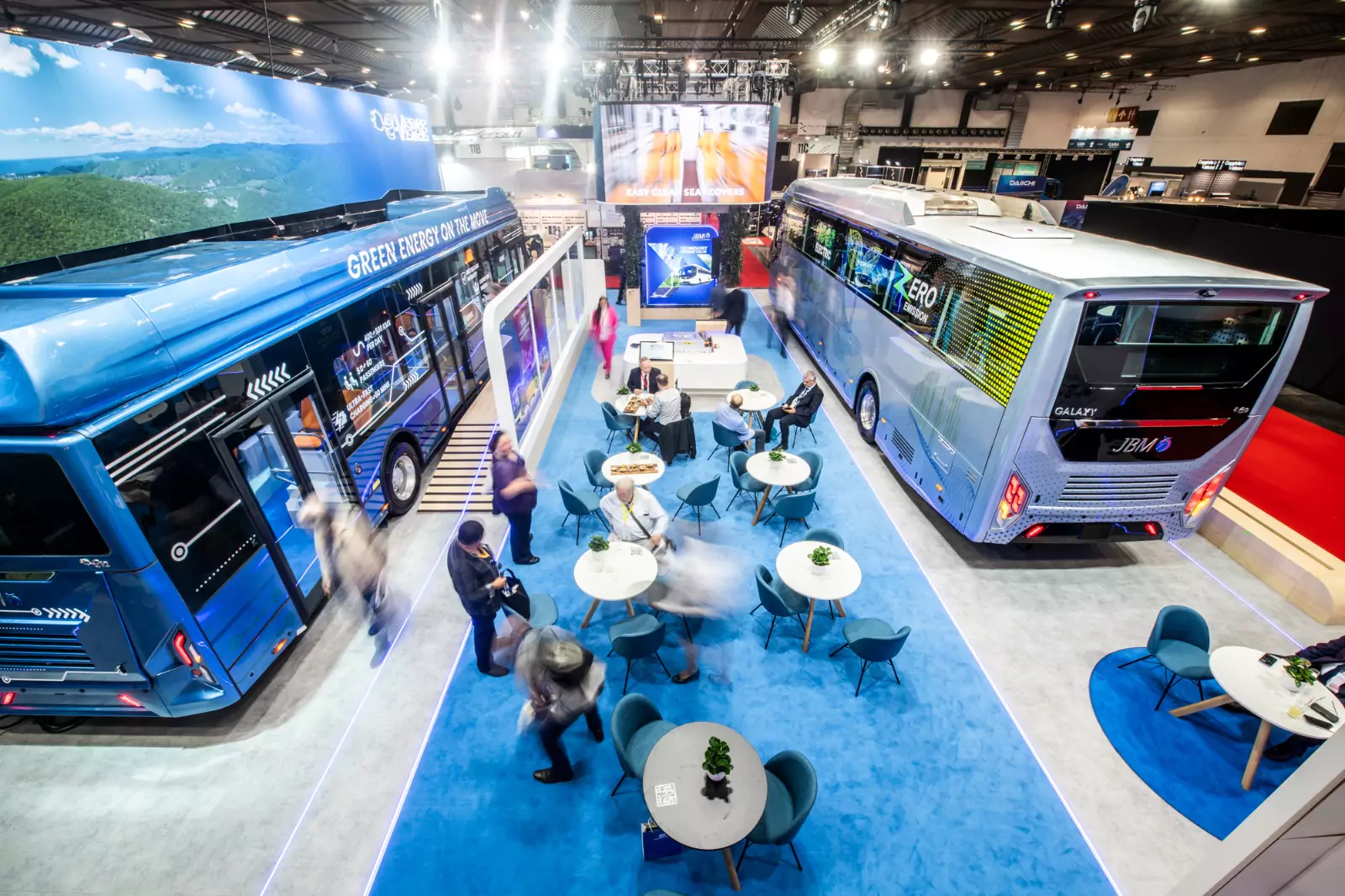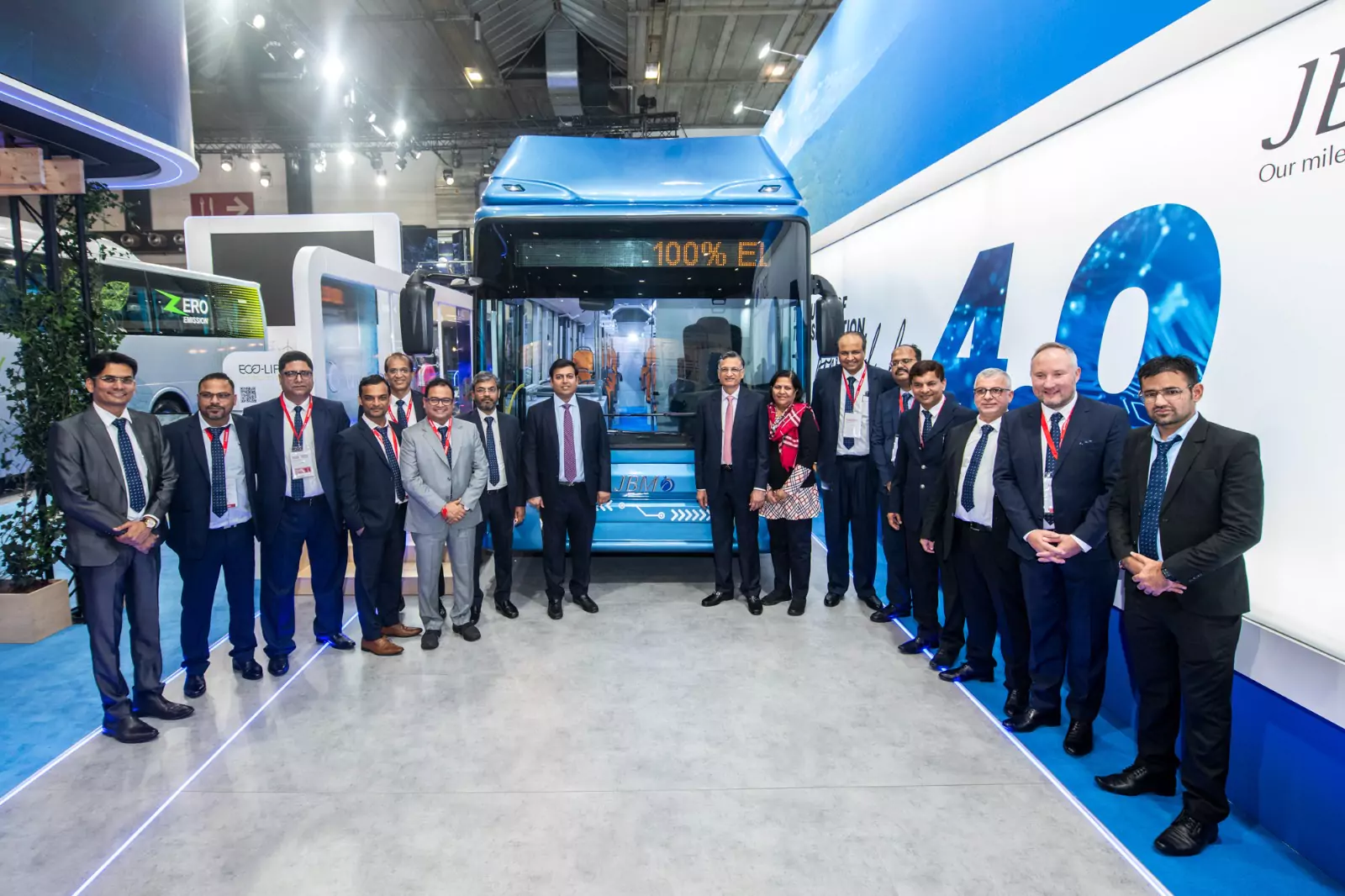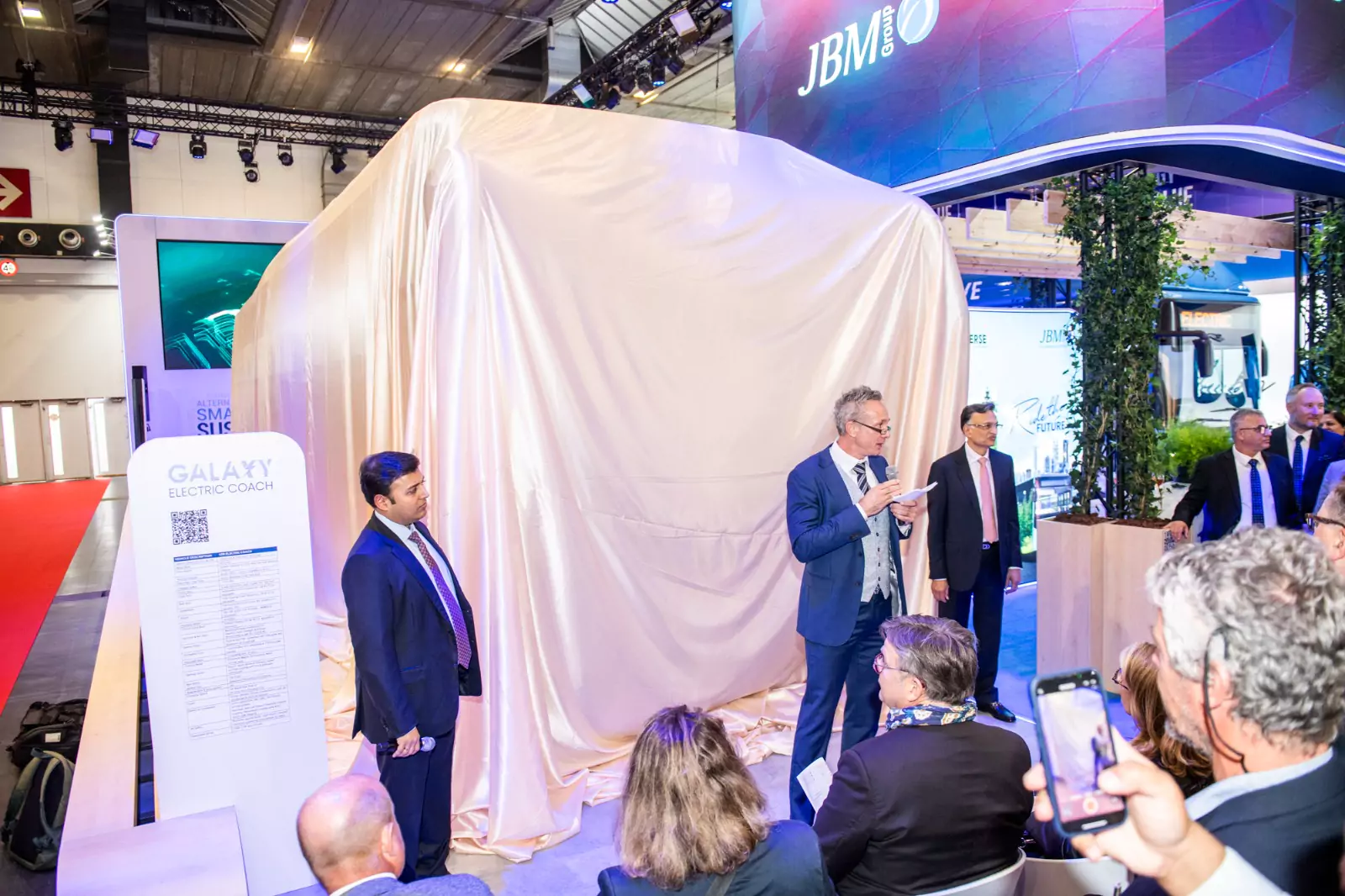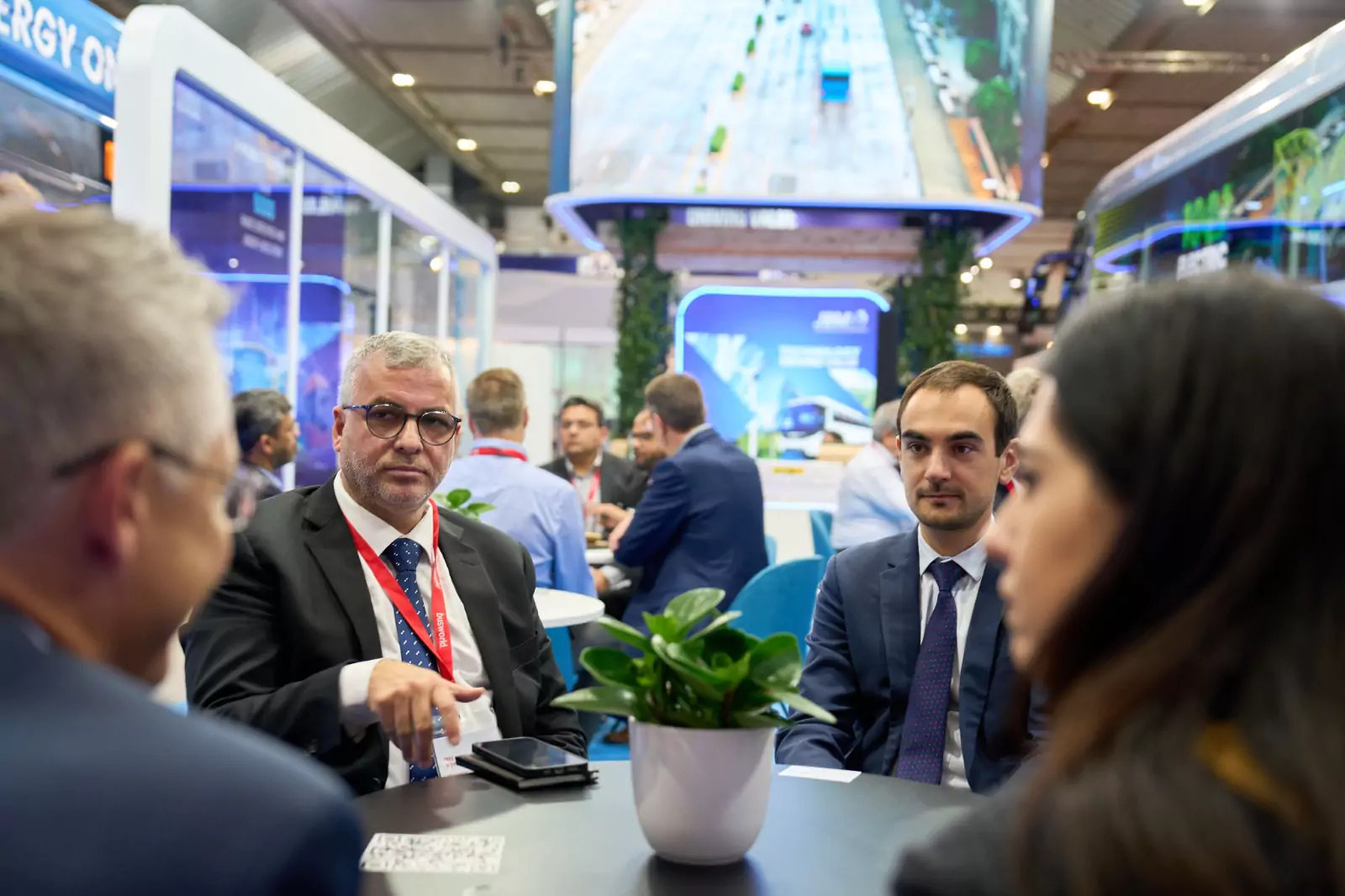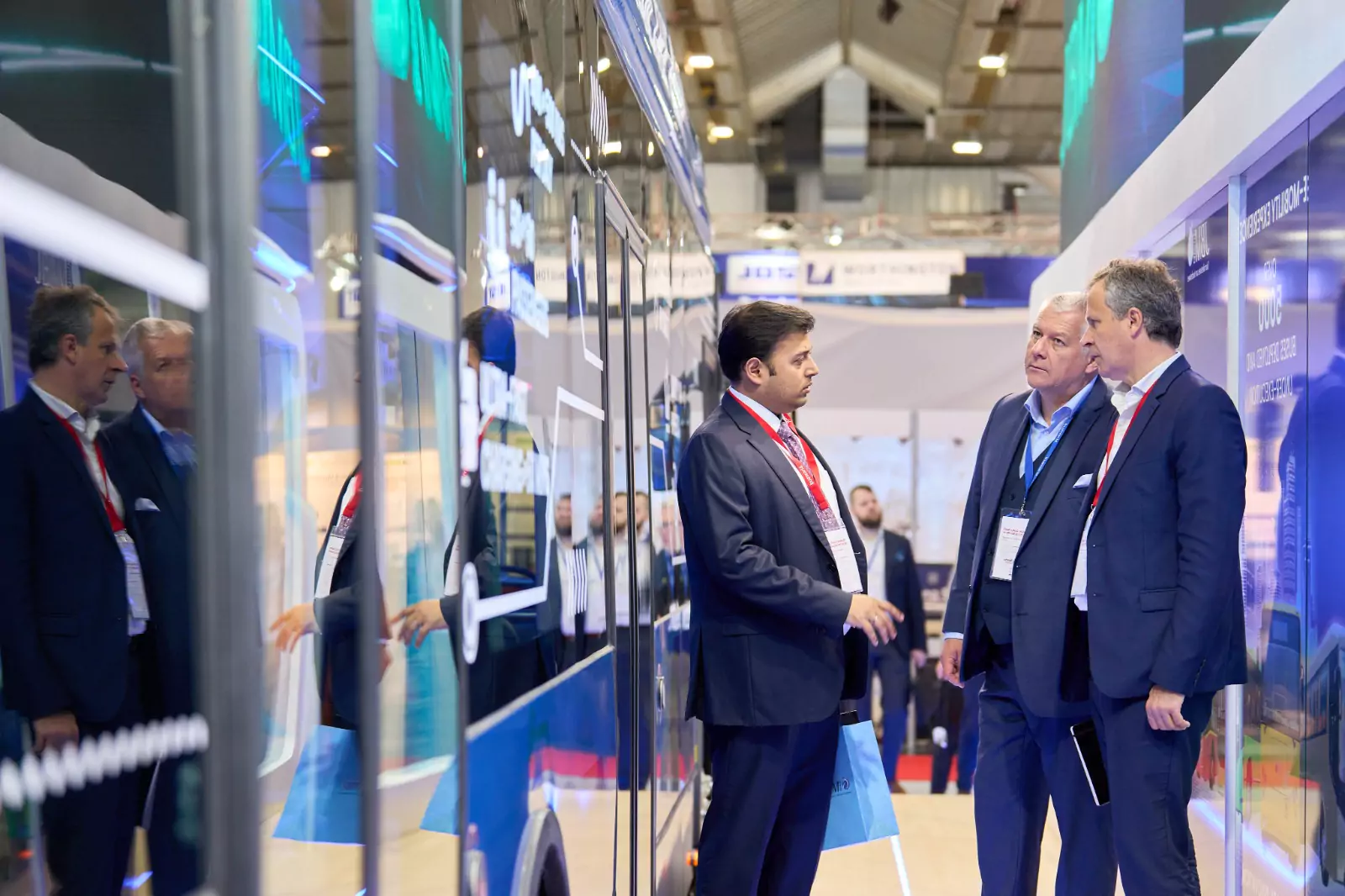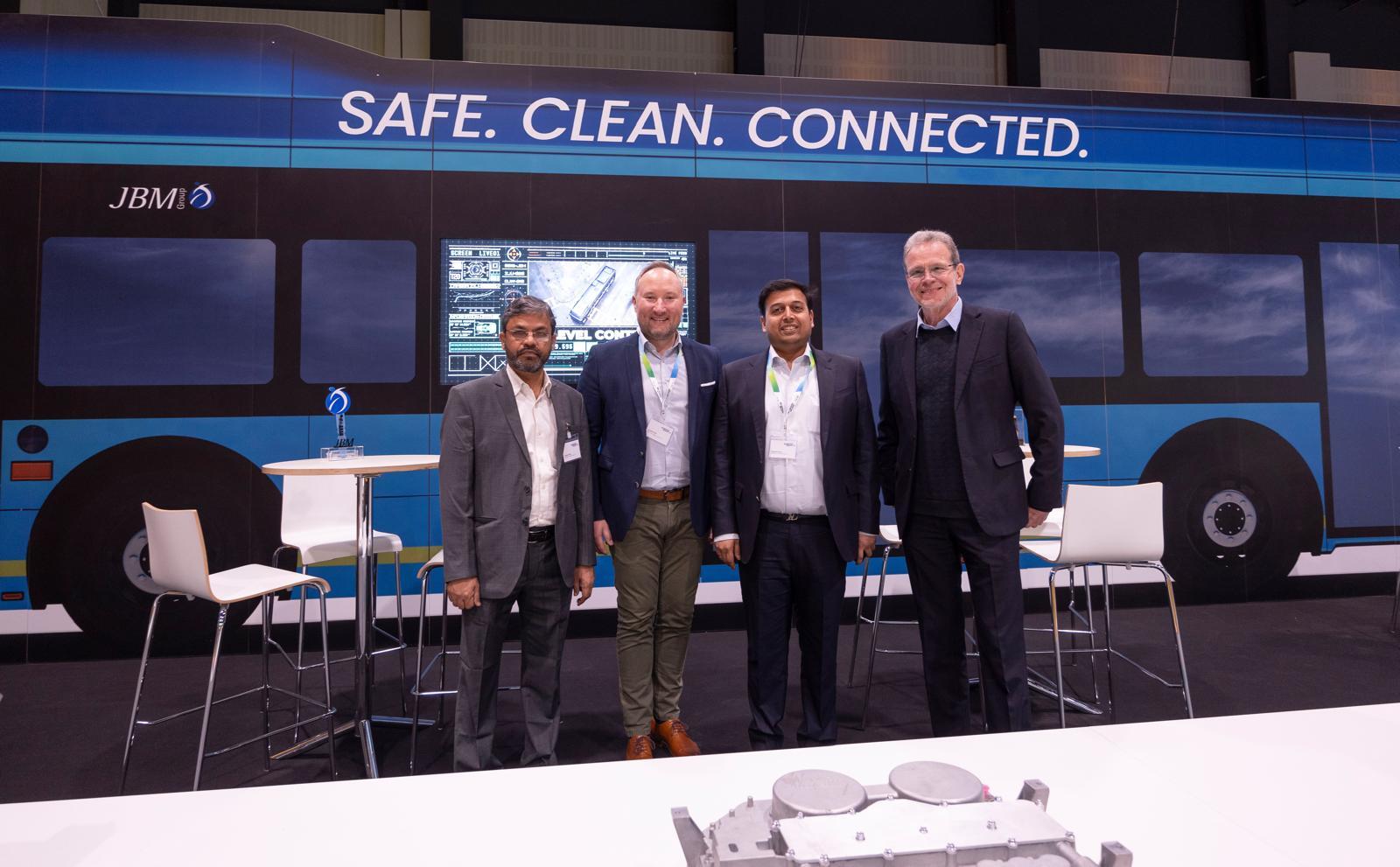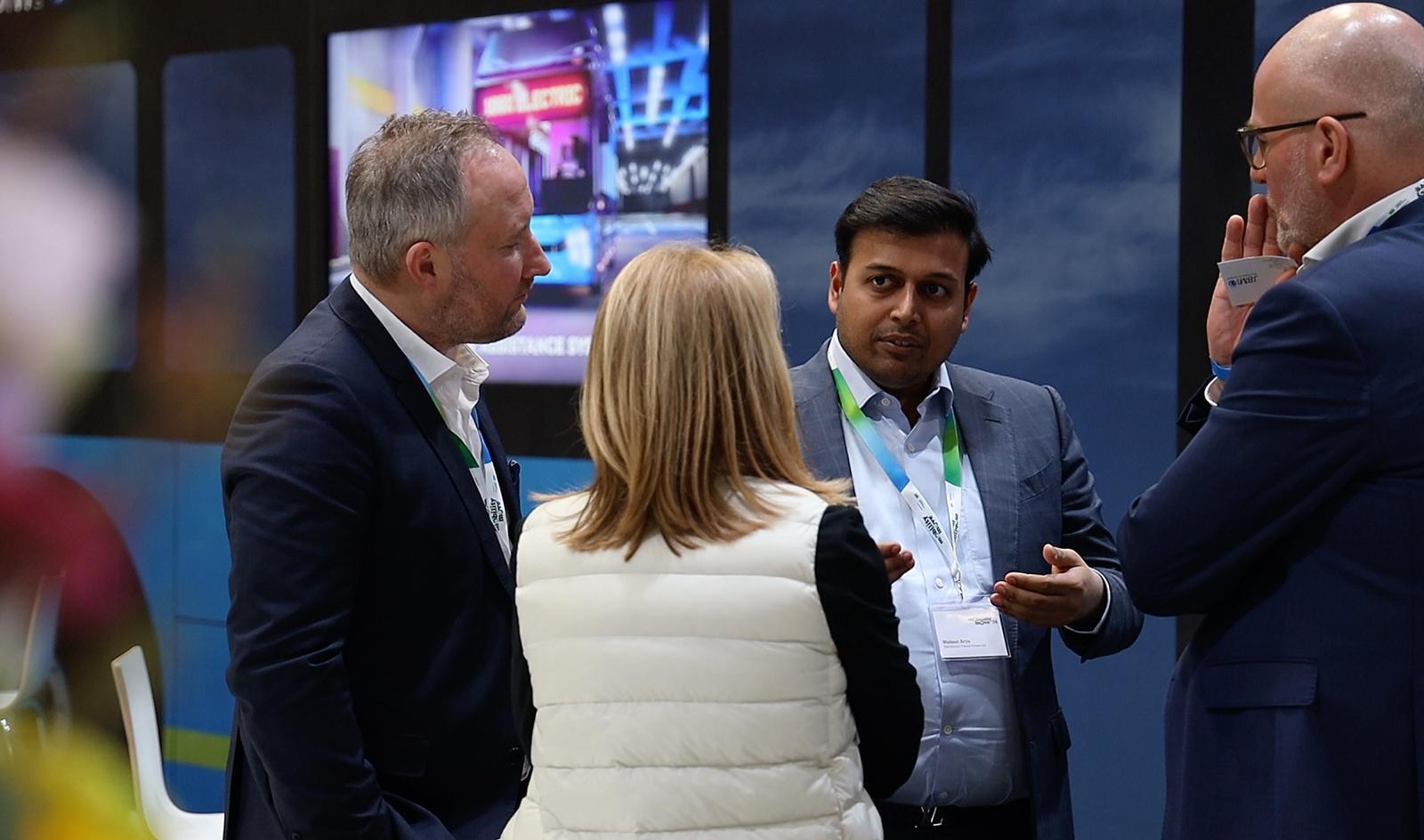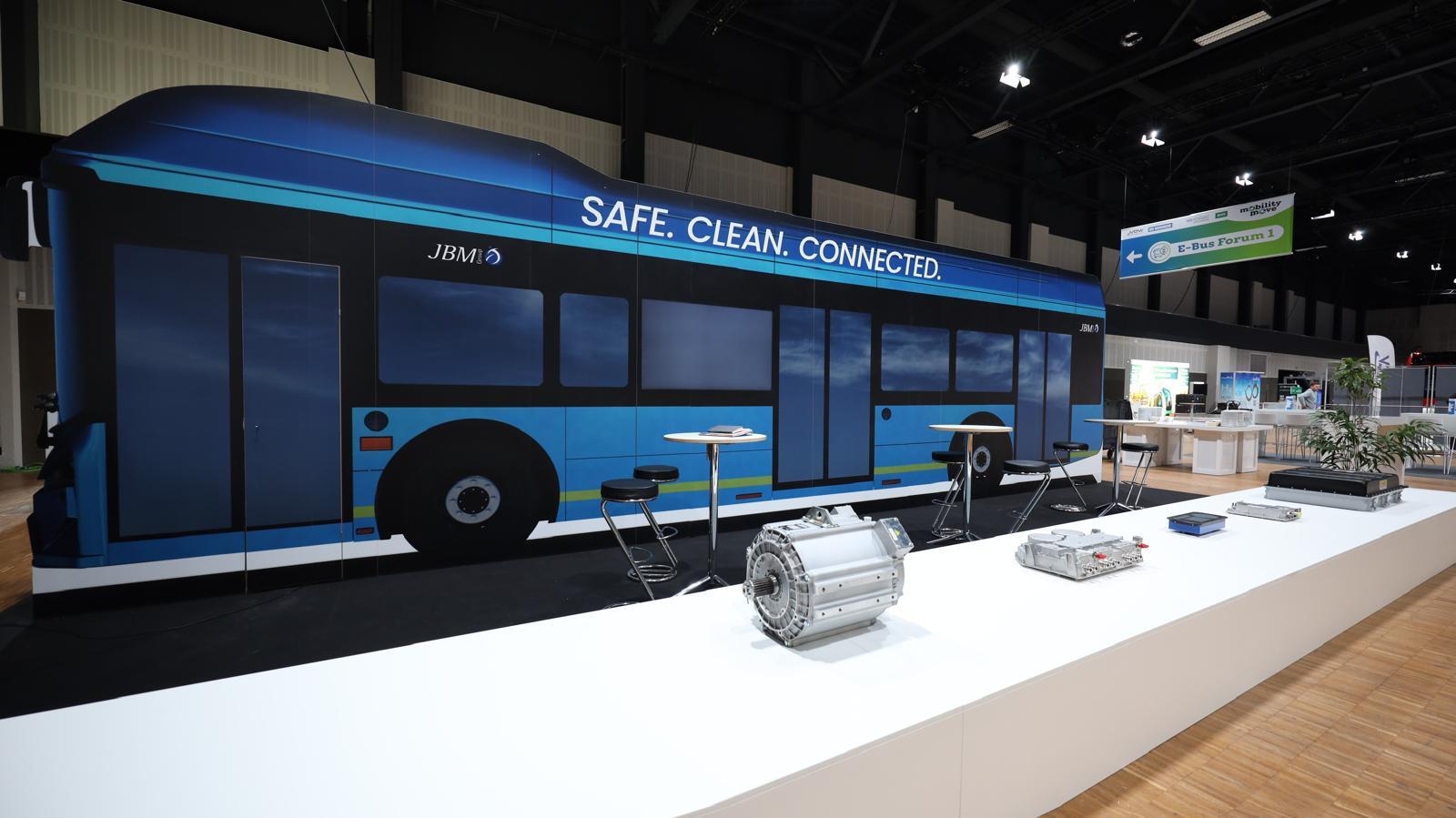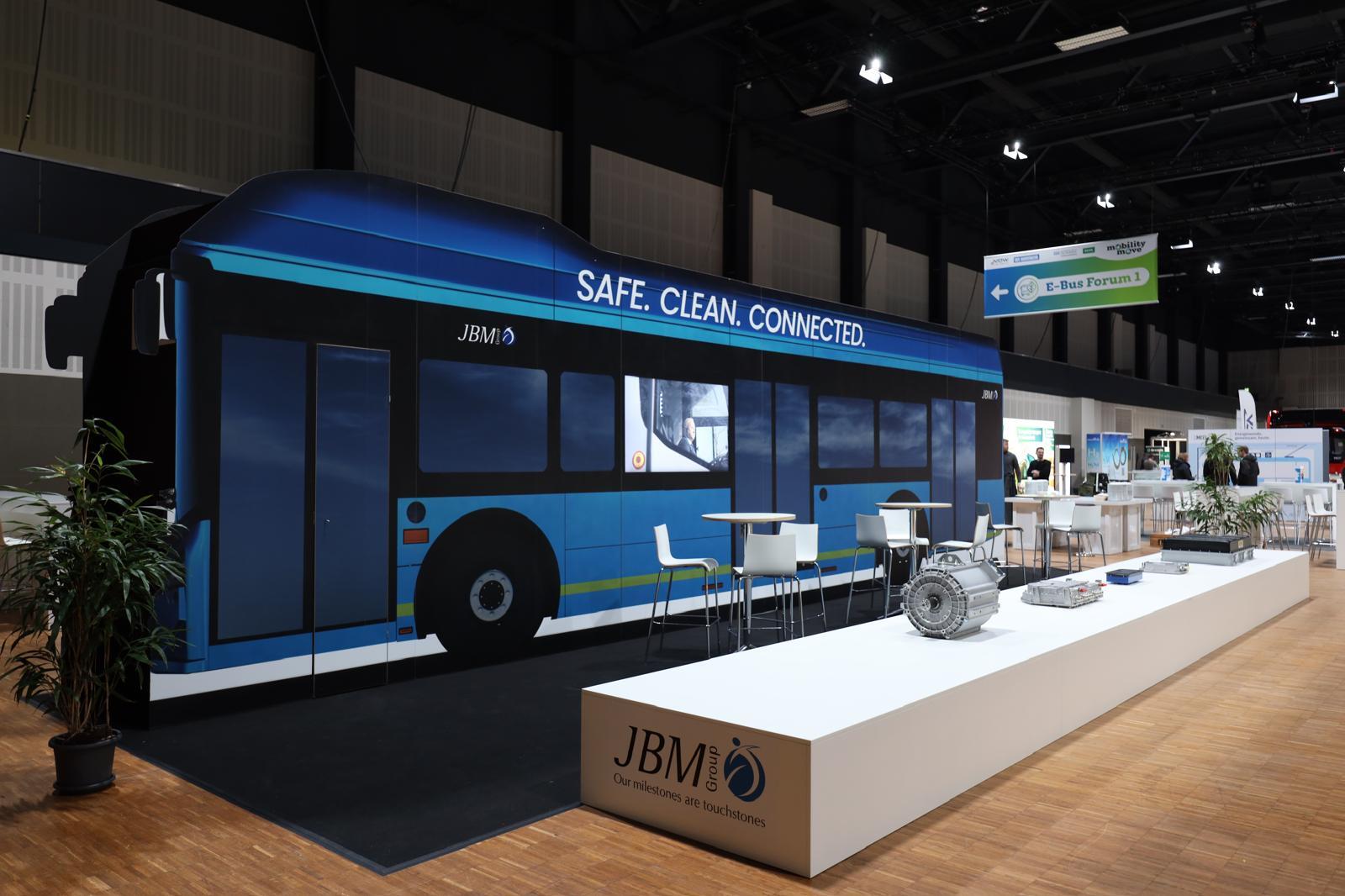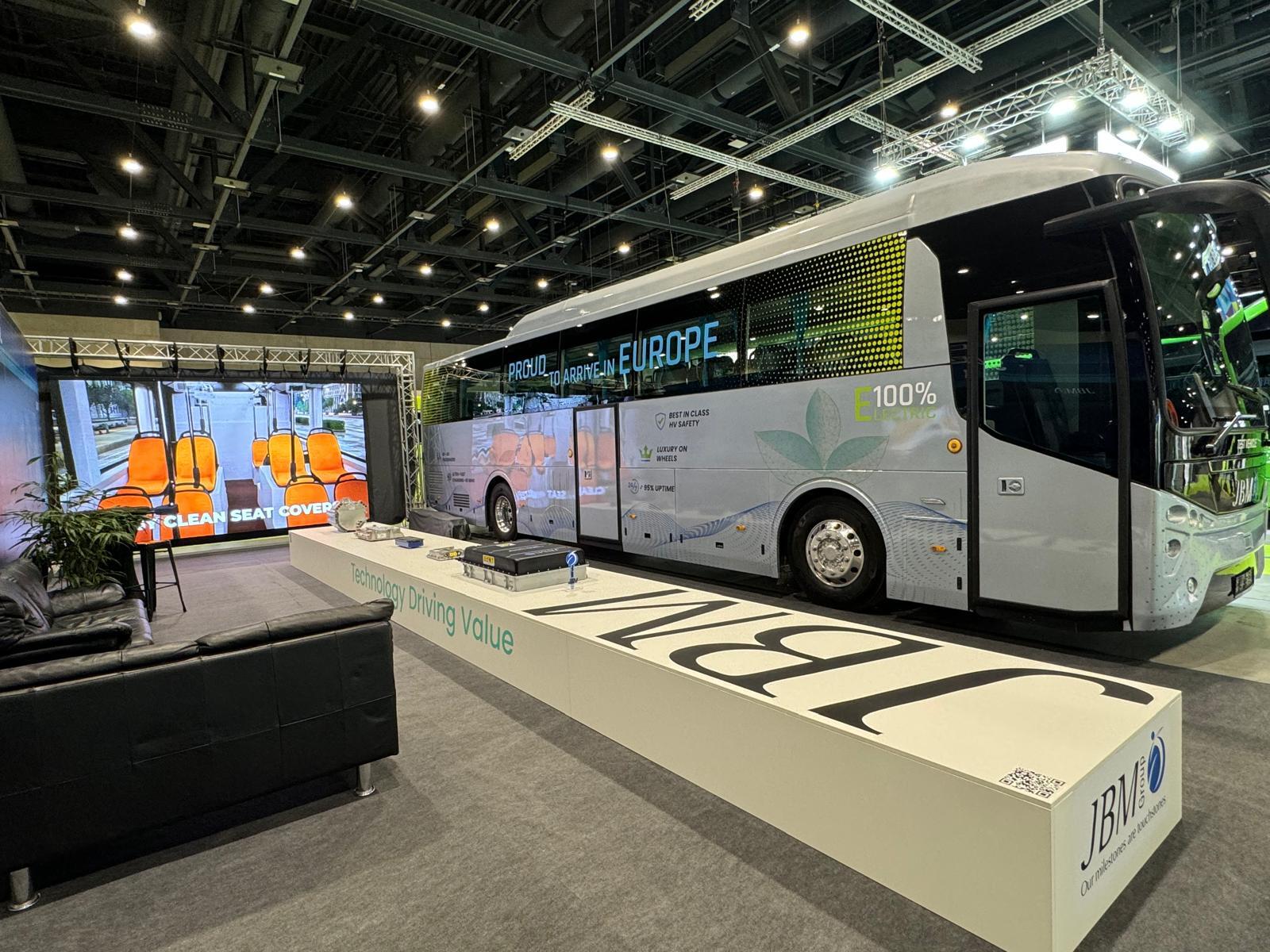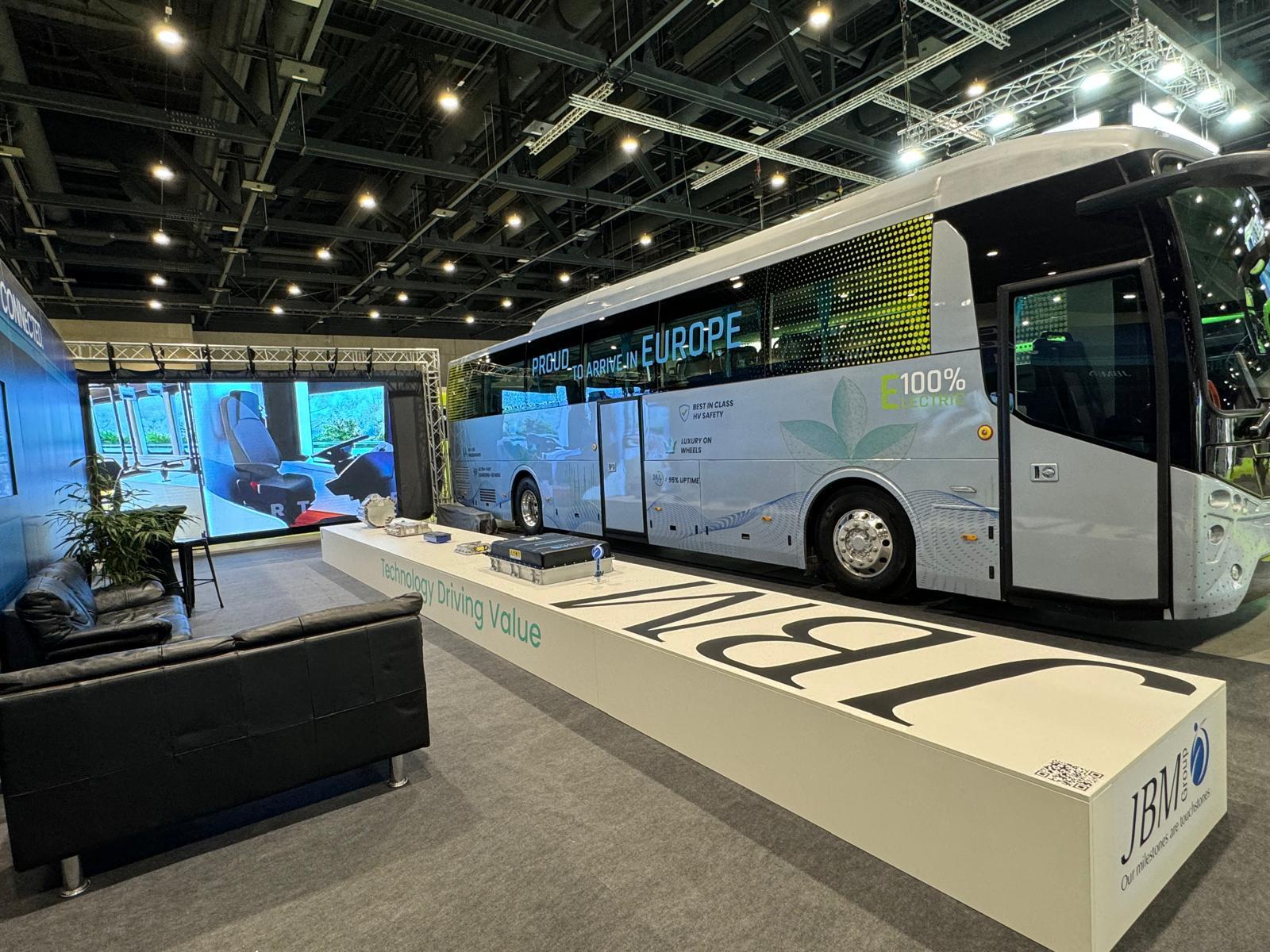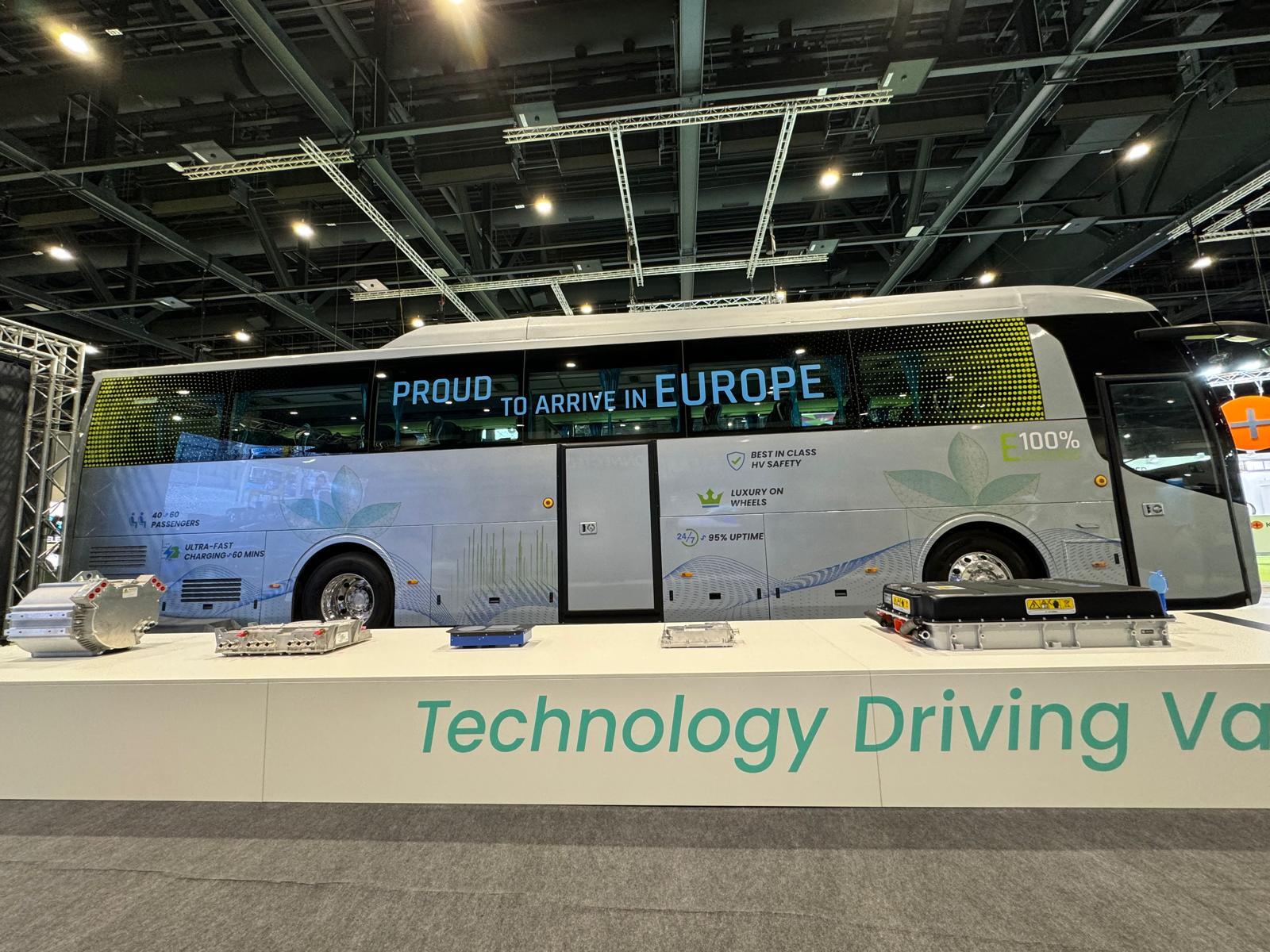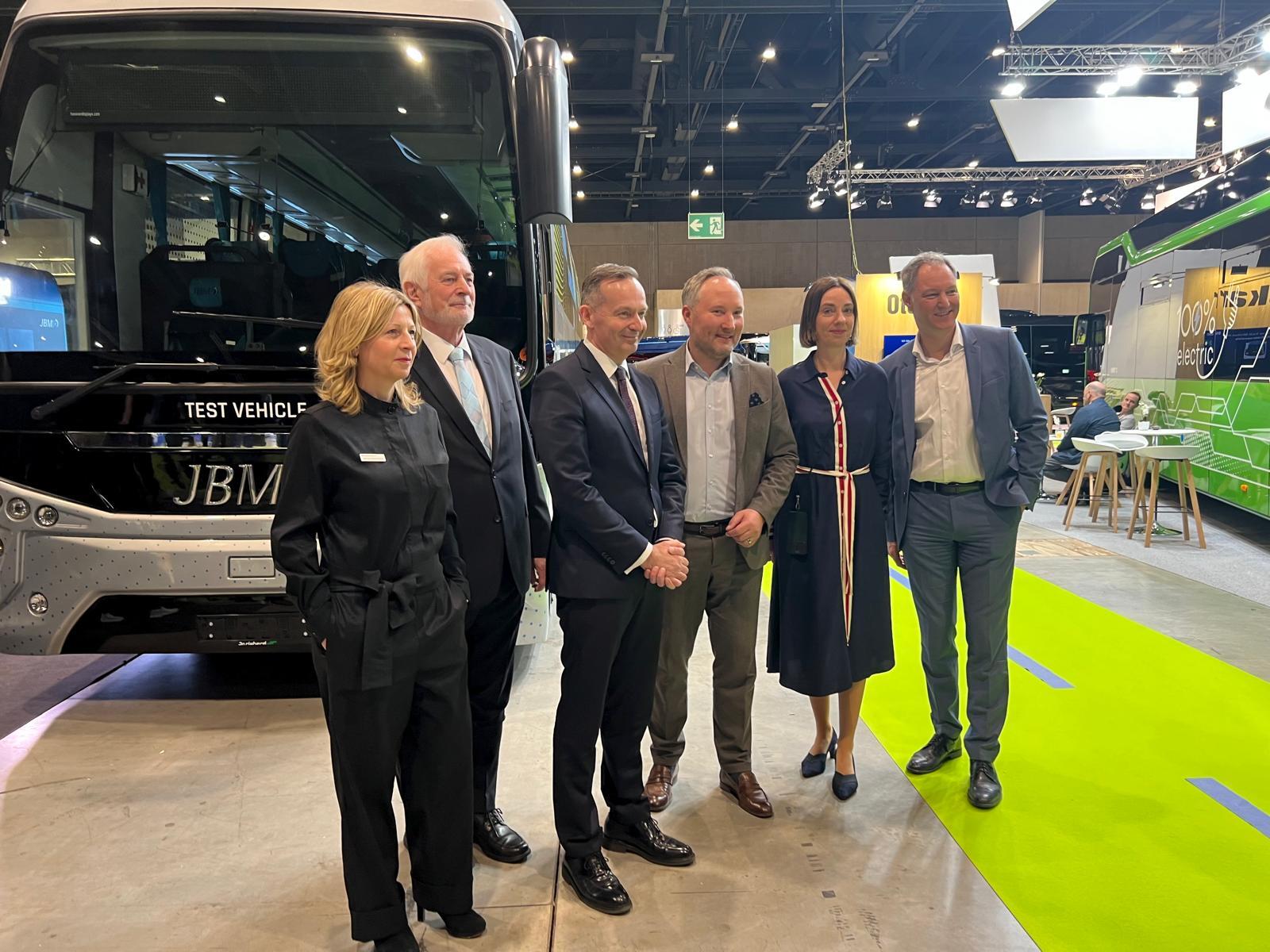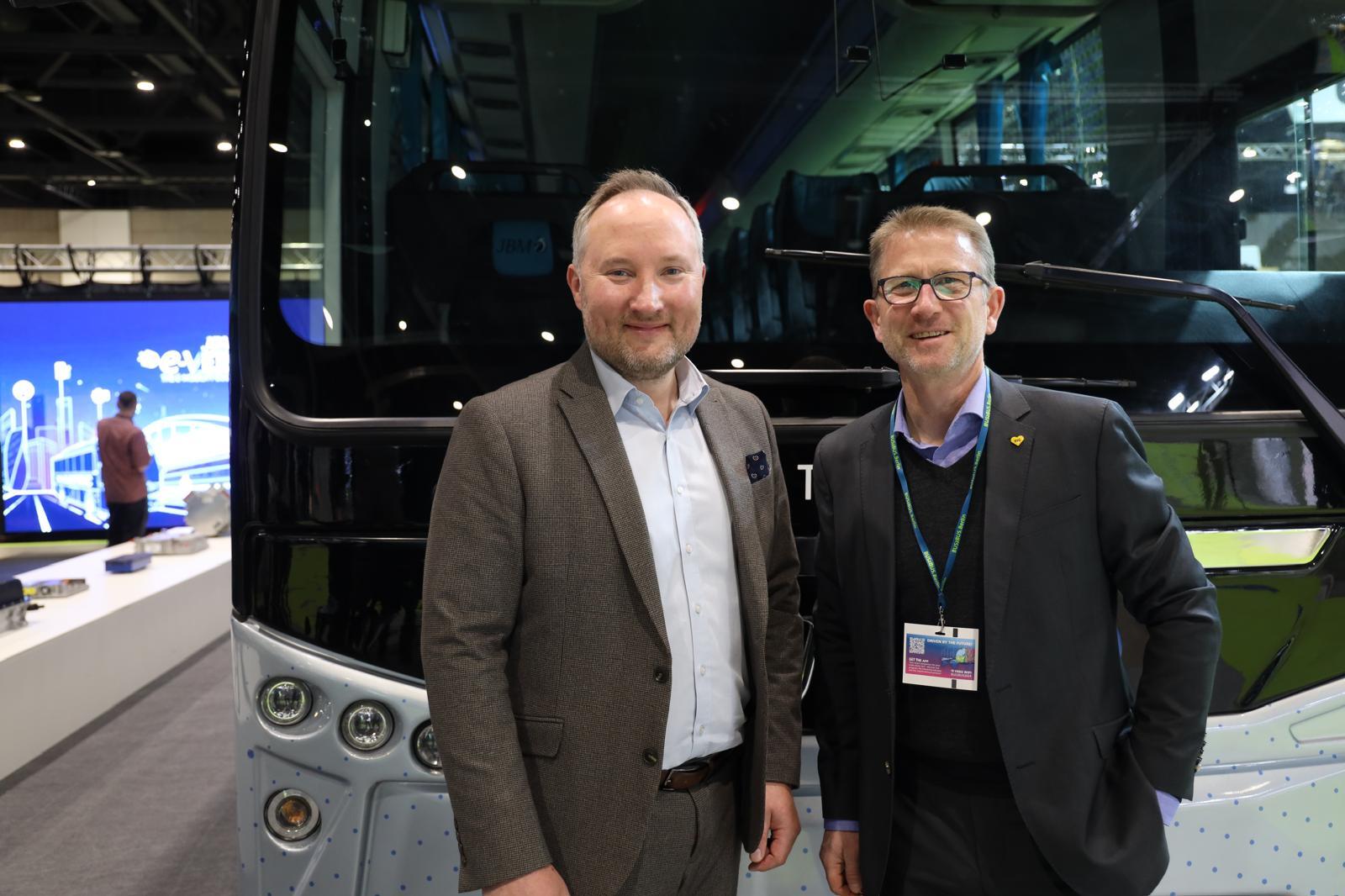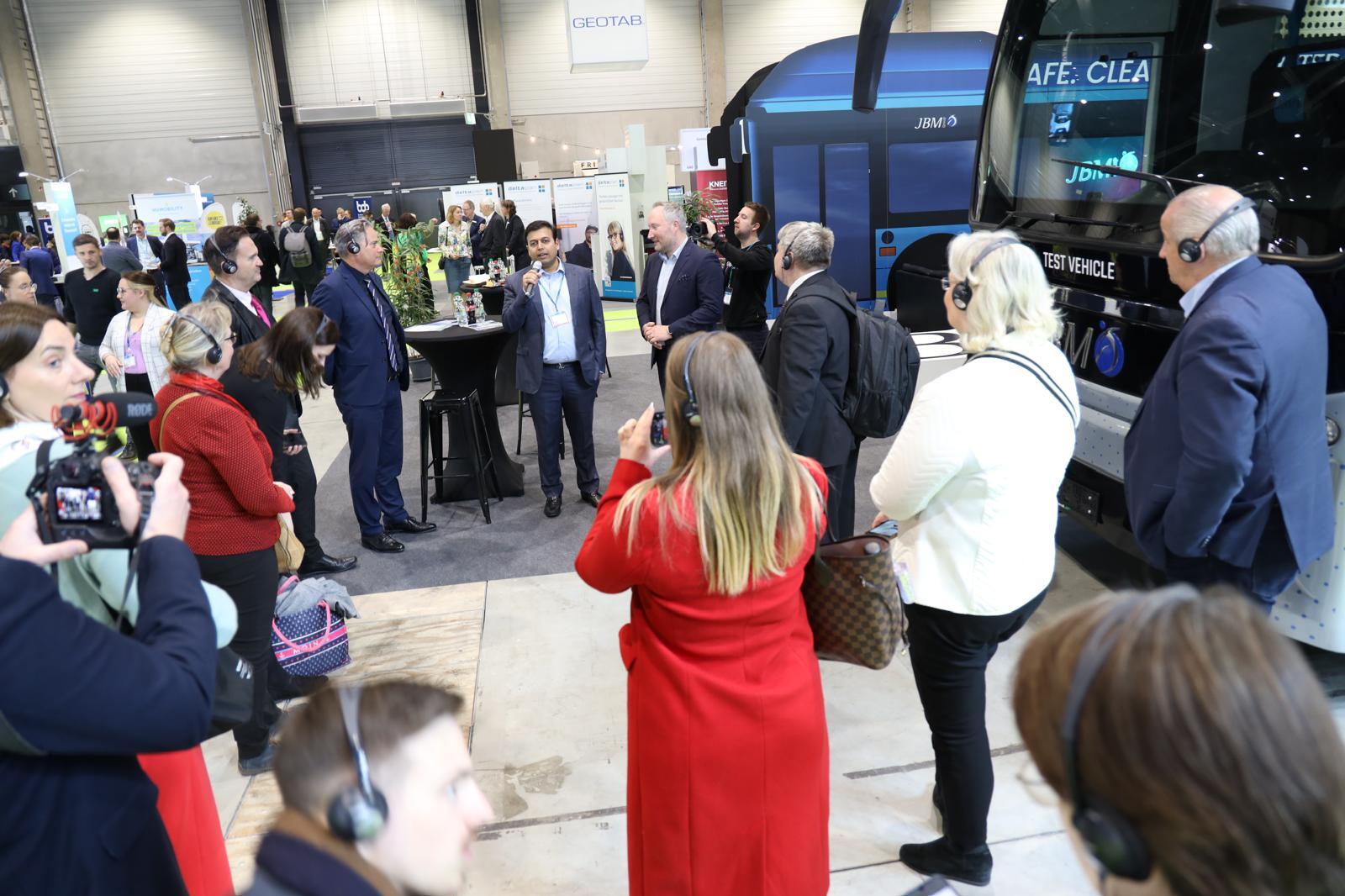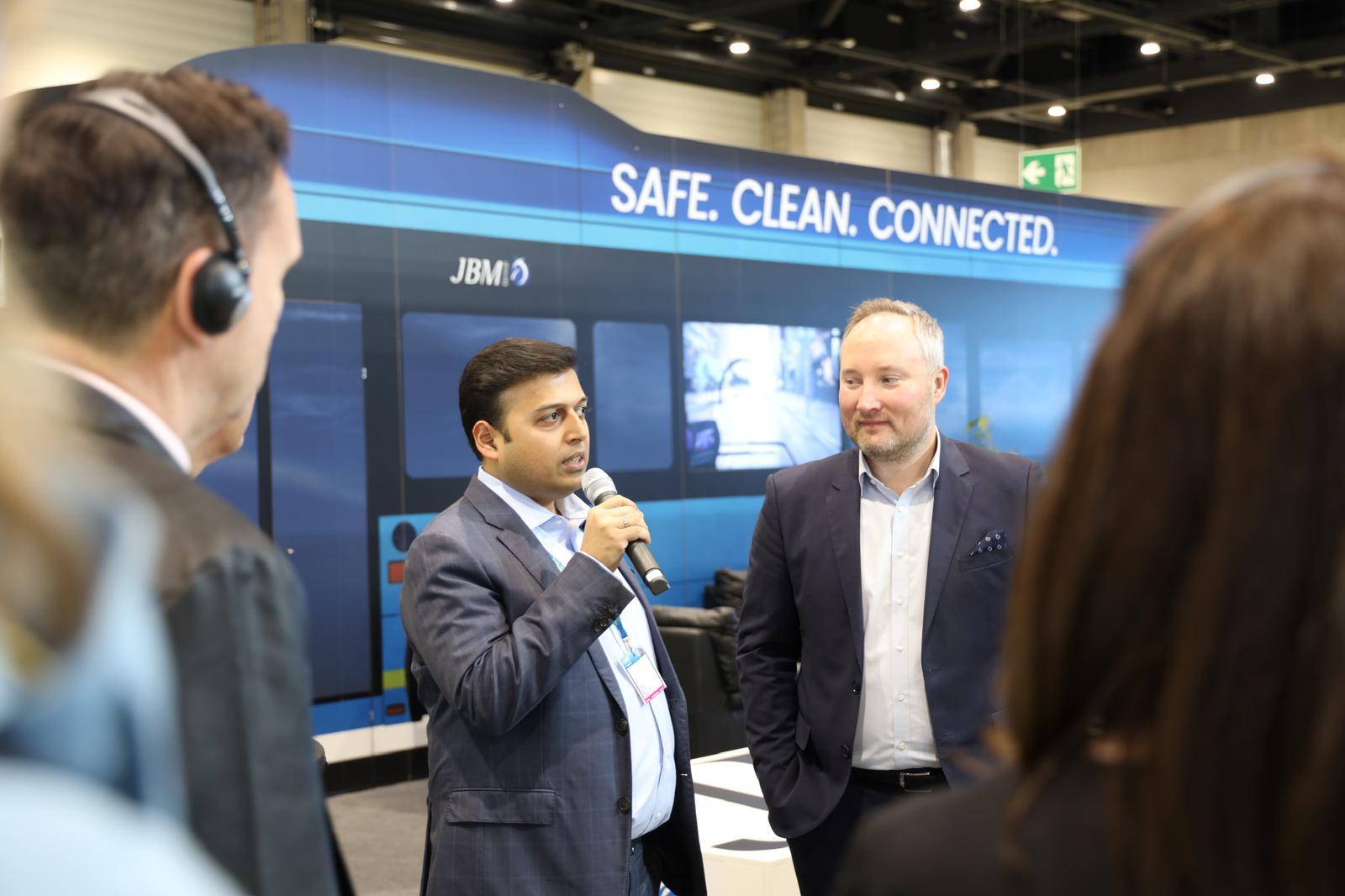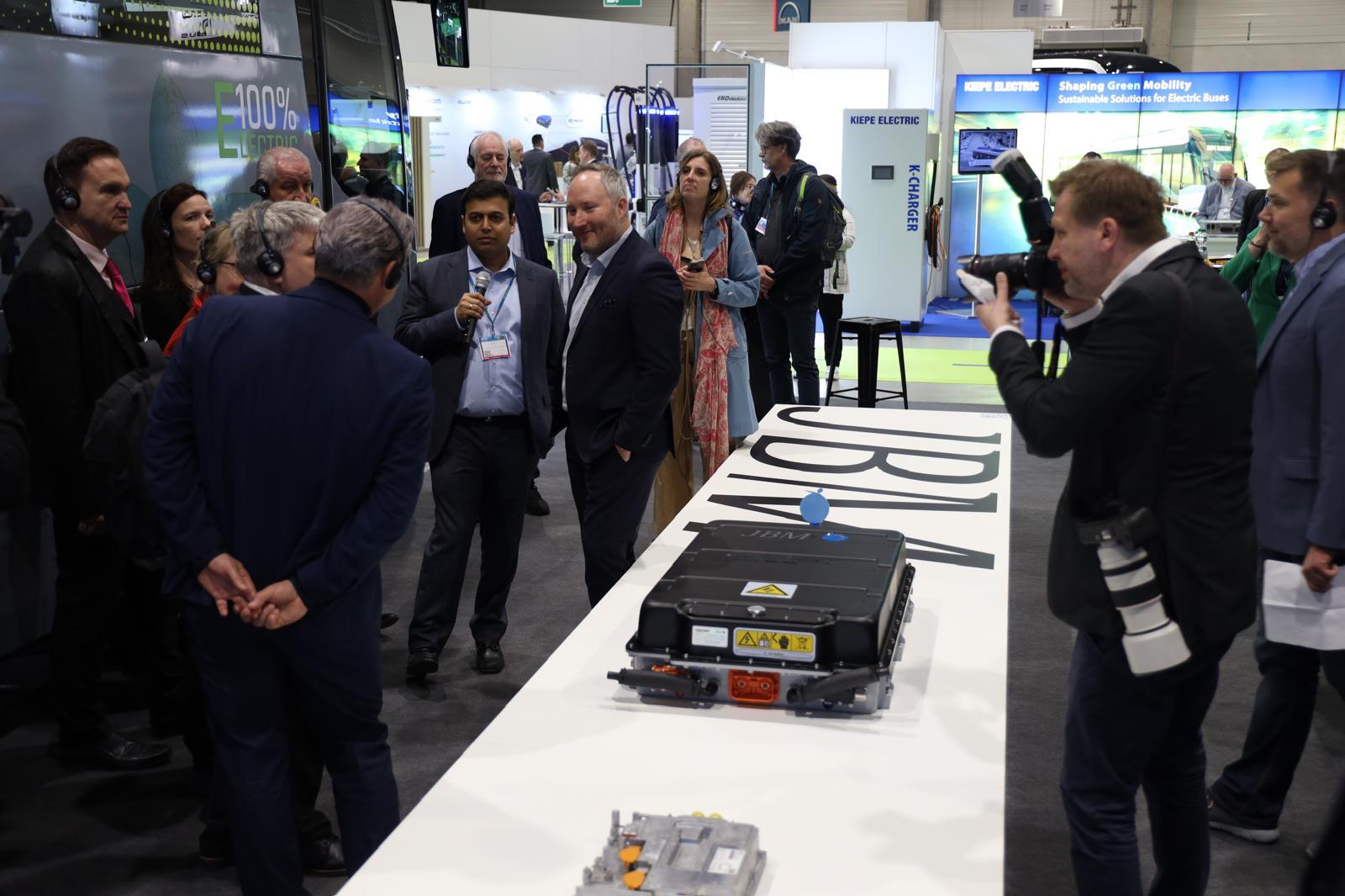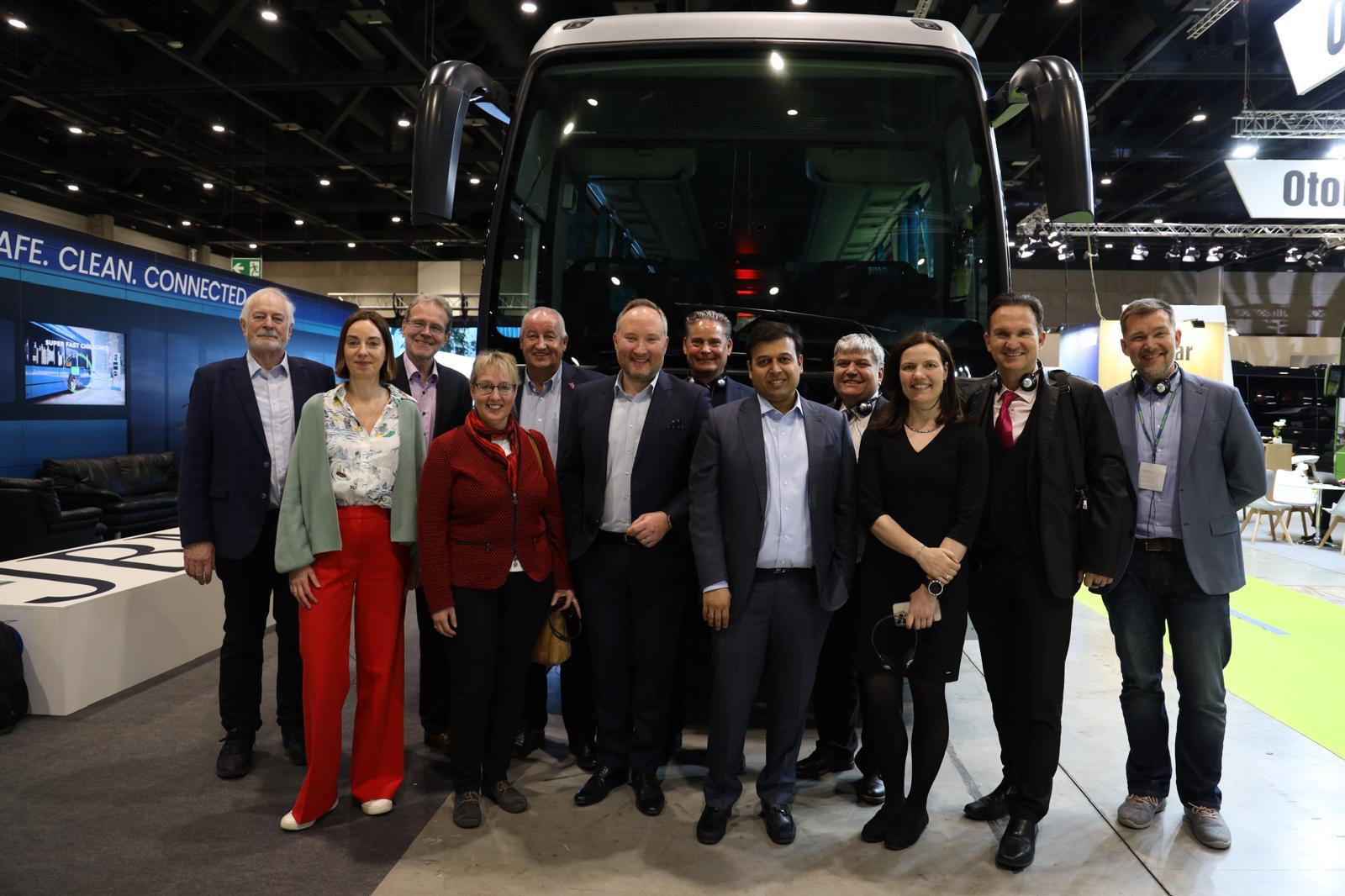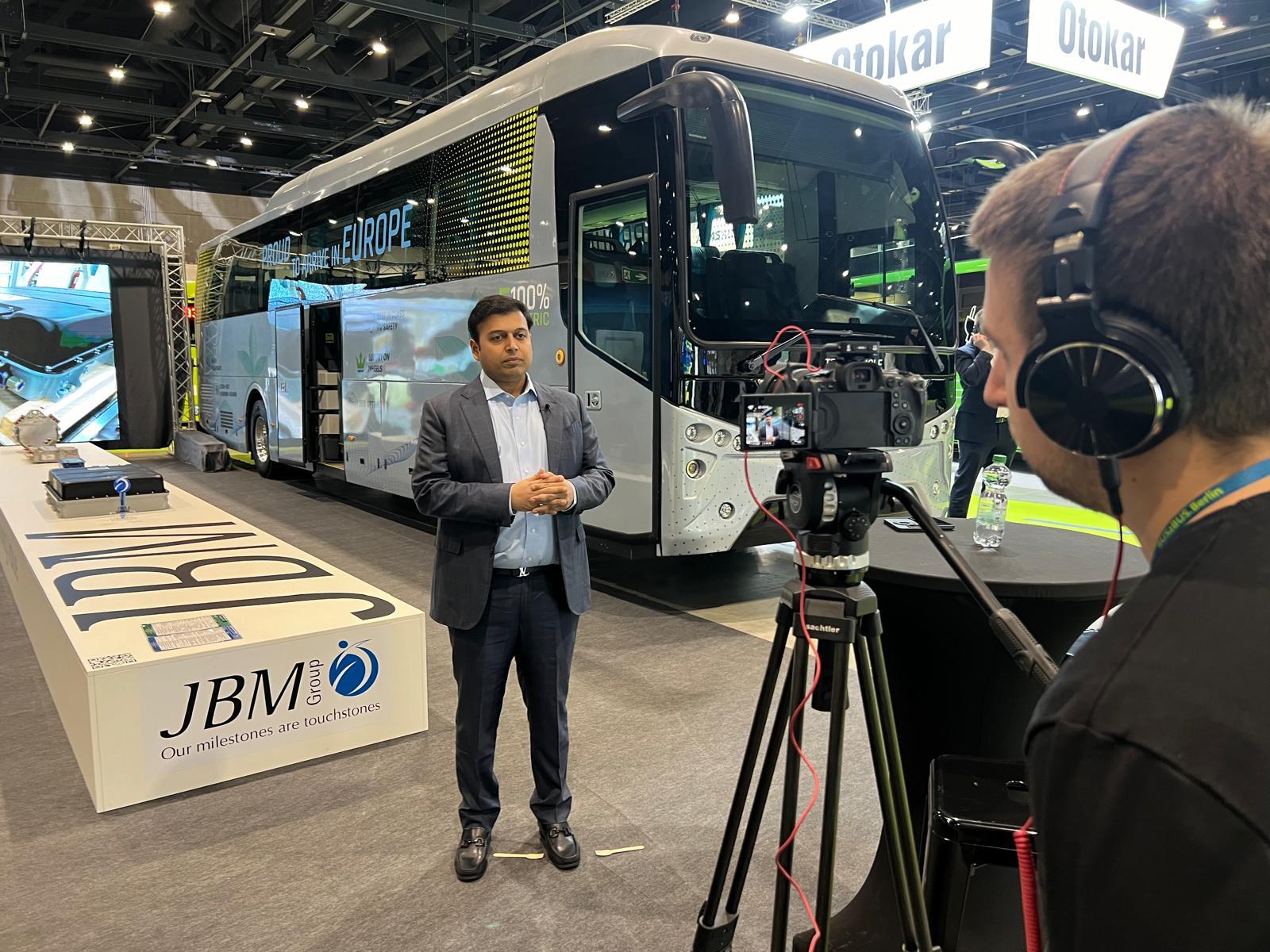JBM Electric Vehicles partners with Hitachi Zero Carbon to integrate advanced battery management solutions into its e-bus fleet, utilizing Hitachi’s Zero Carbon Battery Manager for real-time data on charging, route optimization, and asset use.
JBM Electric Vehicles on Wednesday announced a strategic partnership with Hitachi Zero Carbon to deploy advanced battery management solutions in its electric buses.
As part of the collaboration, Hitachi’s Zero Carbon Battery Manager platform will be integrated into JBM’s e-bus fleet to collect real-time data and deliver actionable insights on charging behavior, route optimization, and asset utilization. The platform offers end-to-end battery analytics and management tools to enhance performance, extend battery life, and maximize residual value.
Battery management is a major challenge in India’s diverse climate, where extreme temperatures affect range, battery life, and the overall viability of electric bus operations.
“This collaboration will provide critical parameters for enhancing our battery performance proactively for each customer. ensuring the highest residual value across diverse climates. It will also strengthen the total cost of ownership (TCO) proposition for fleet operators globally,” said Nishant Arya, Vice Chairman and Managing Director, JBM Auto Ltd.
JBM EV, a wholly owned subsidiary of JBM Auto, which has an annual production capacity of 20,000 e-buses. Its product range includes city, intercity, luxury coaches, staff, school, and special-purpose electric vehicles.
The partnership is expected to provide JBM EV with real-world operational insights in demanding urban environments and varied climatic conditions, such as those in India and the Middle East—ranging from extreme heat and heavy rains to near-freezing temperatures.
Ram Ramachander, CEO of Hitachi Zero Carbon, noted that India presents an ideal opportunity to demonstrate how their technology can support EV ecosystem stakeholders in managing operational challenges posed by geography and climate.
India’s electric bus market has grown rapidly in recent years as cities push to reduce air pollution and meet climate targets. Government initiatives like the Faster Adoption and Manufacturing of Hybrid and Electric Vehicles (FAME) scheme, PM Electric Drive Revolution in Innovative Vehicle Enhancement (PM E-DRIVE), and PM-eBus Sewa Scheme have played a key role by offering subsidies to boost electric vehicle adoption, especially in public transport fleets.

